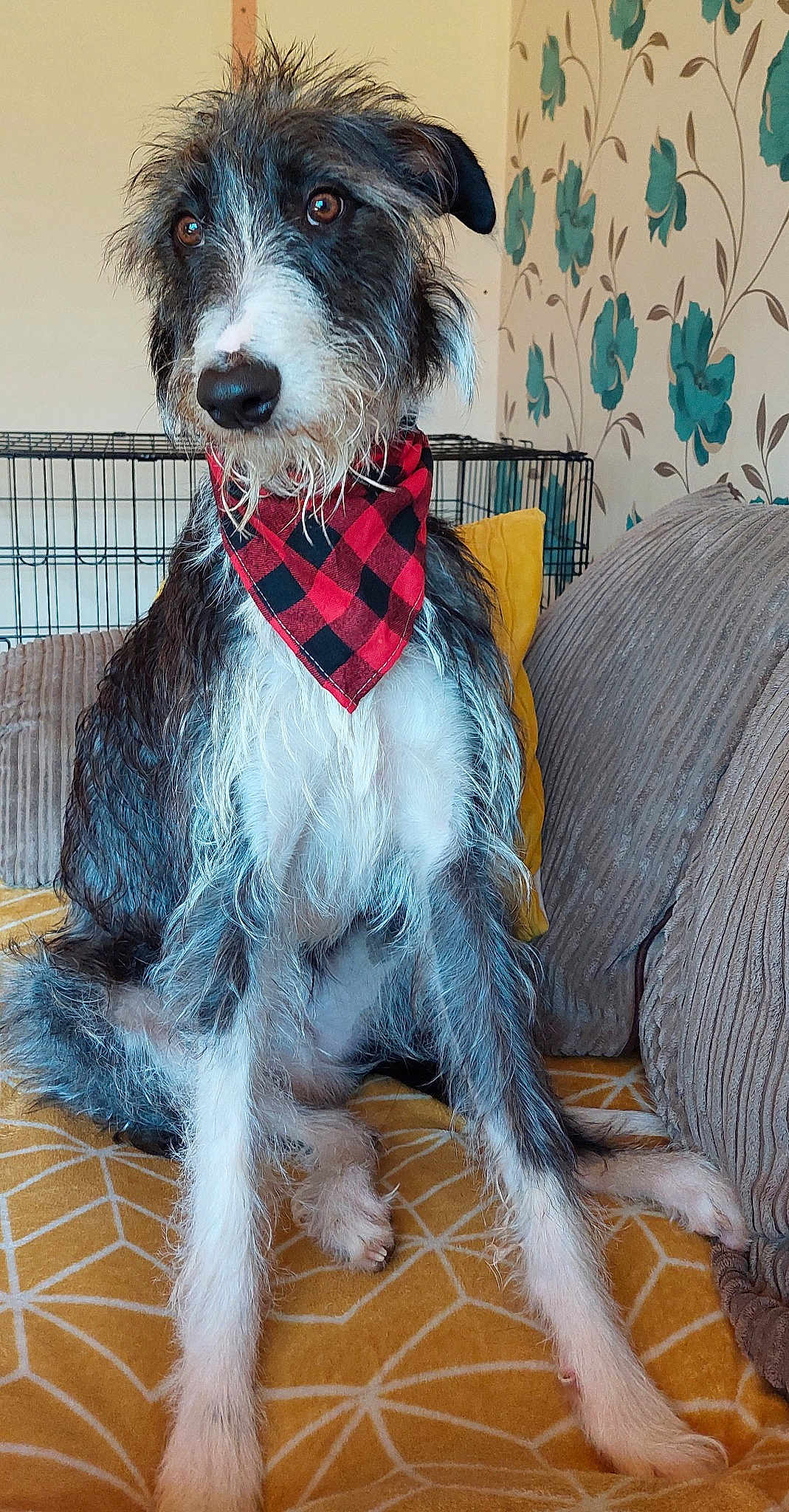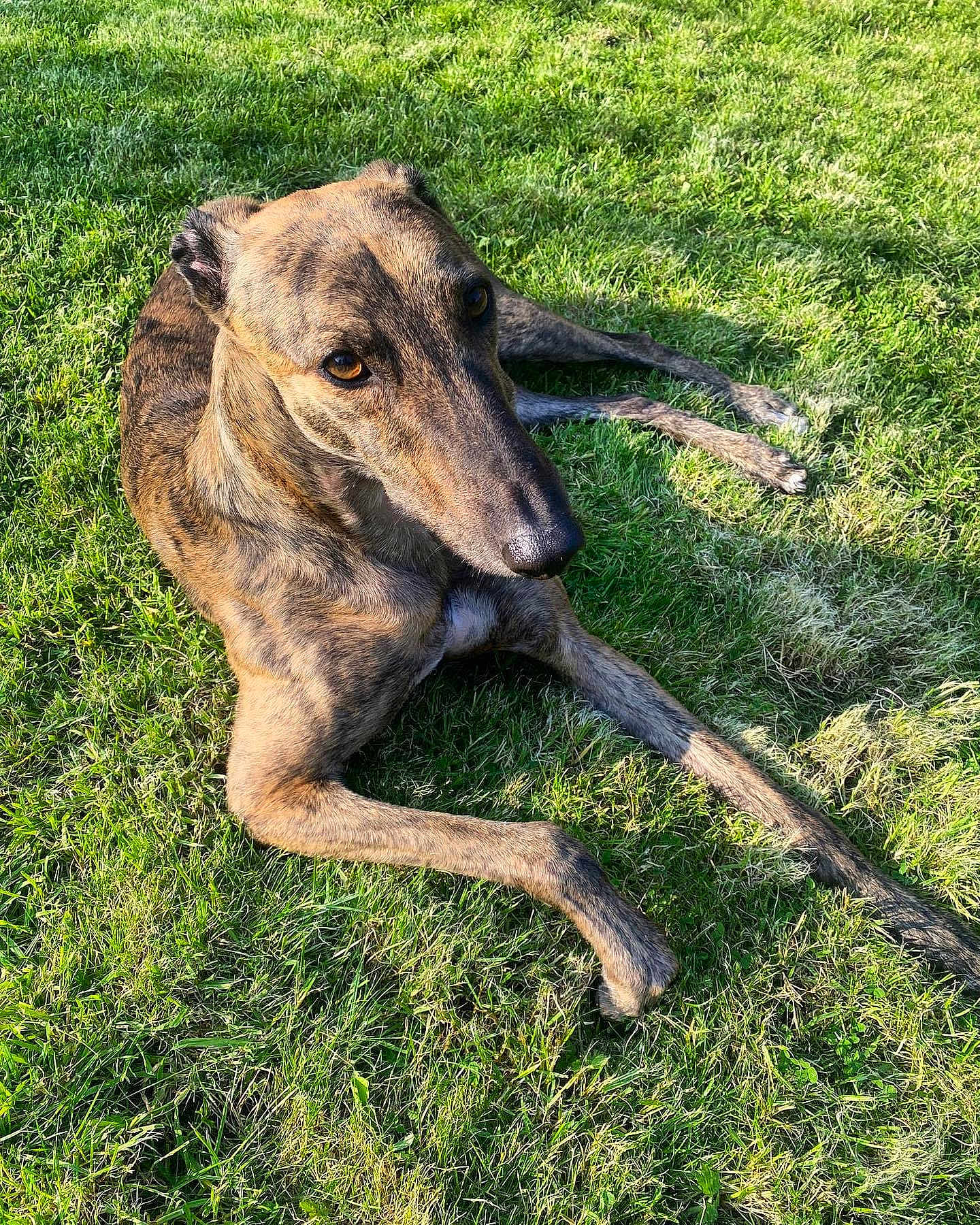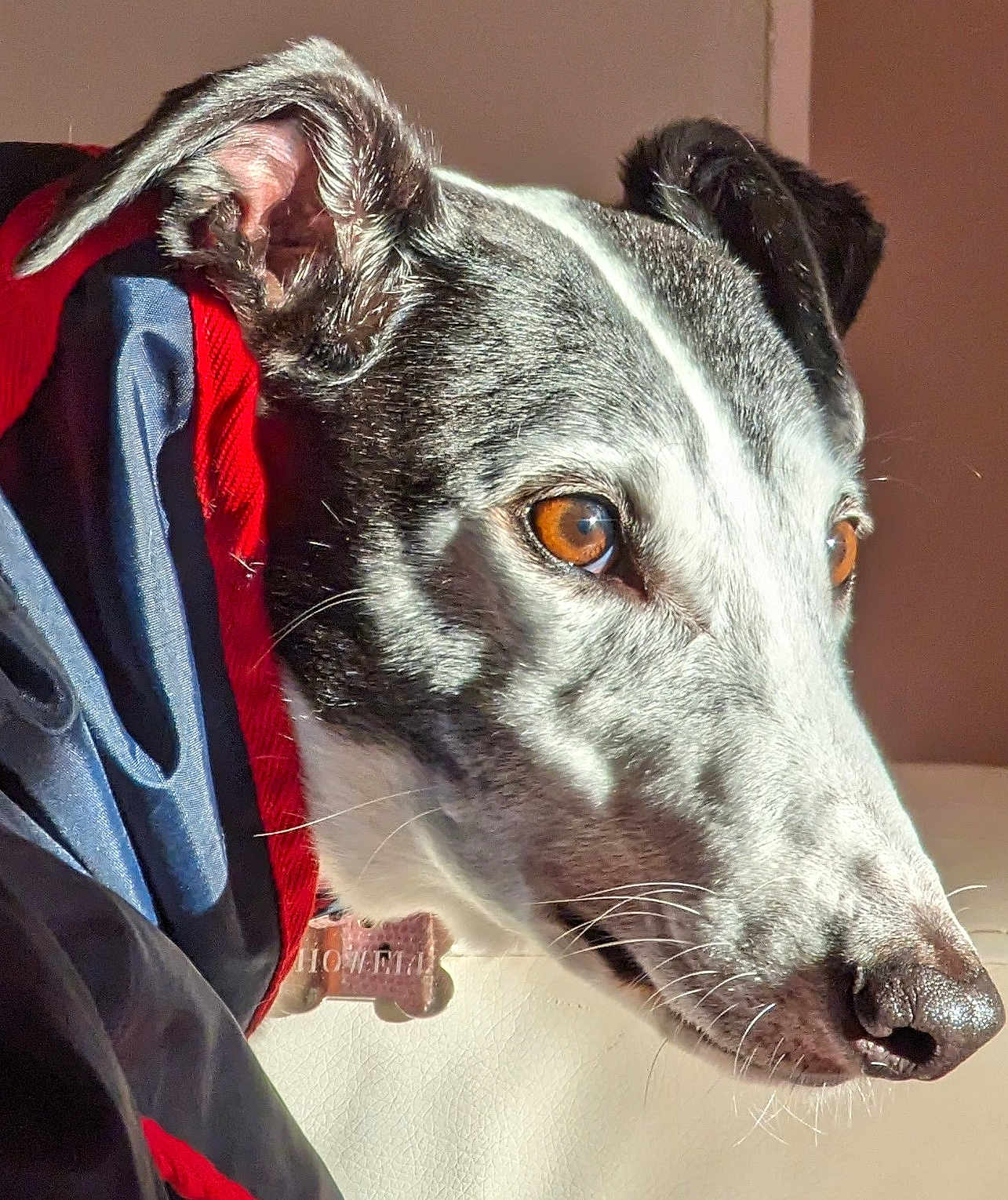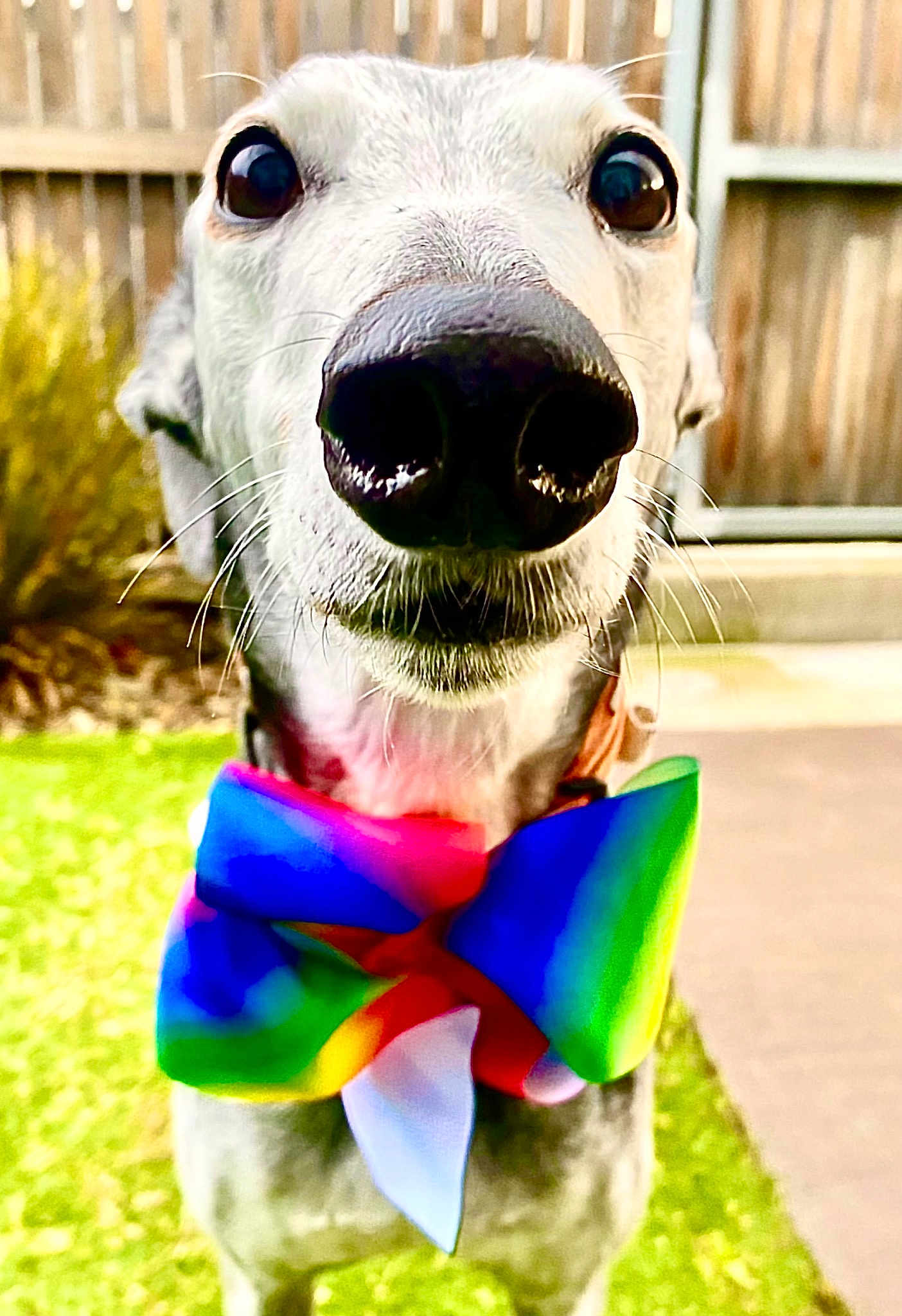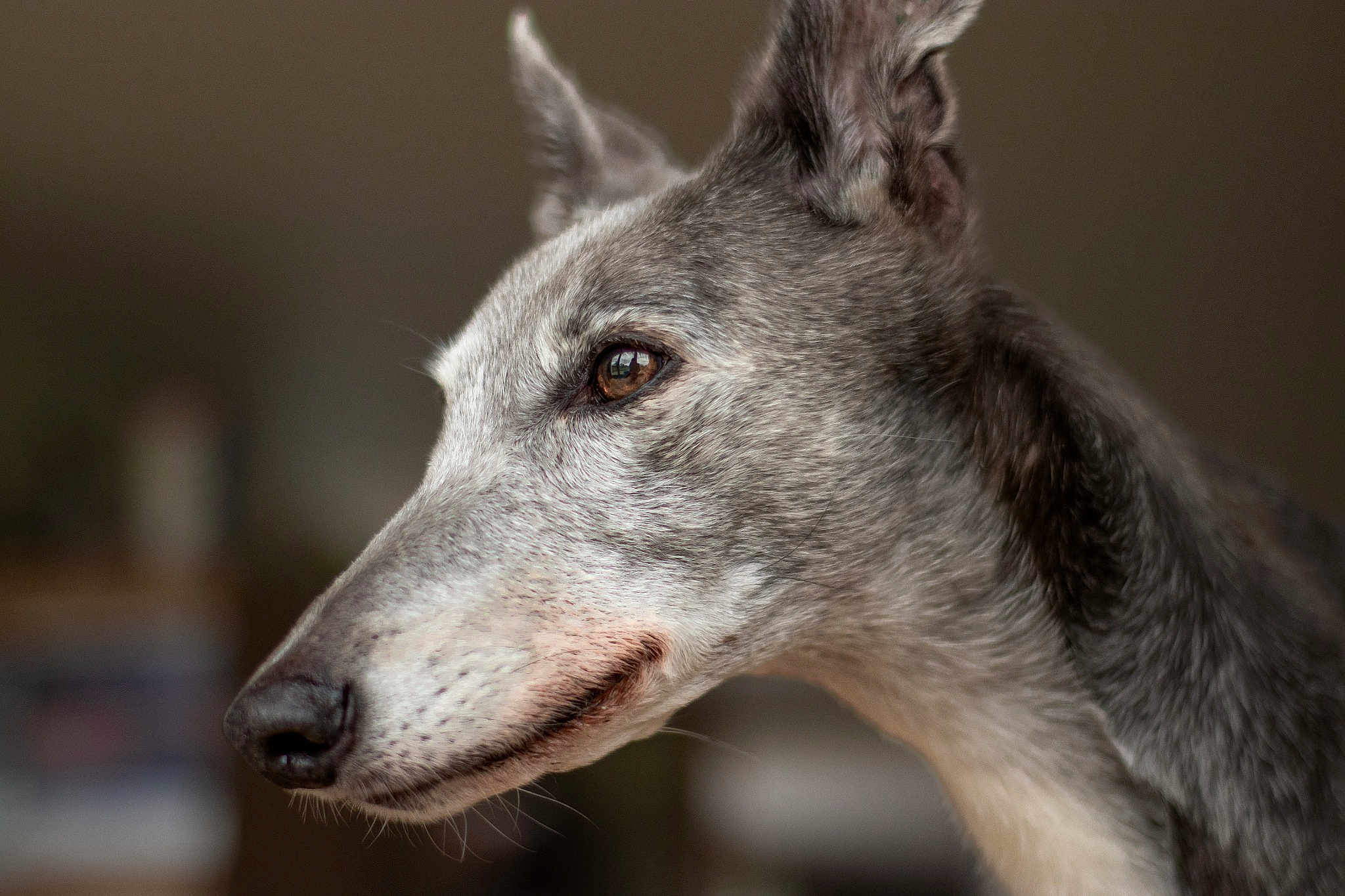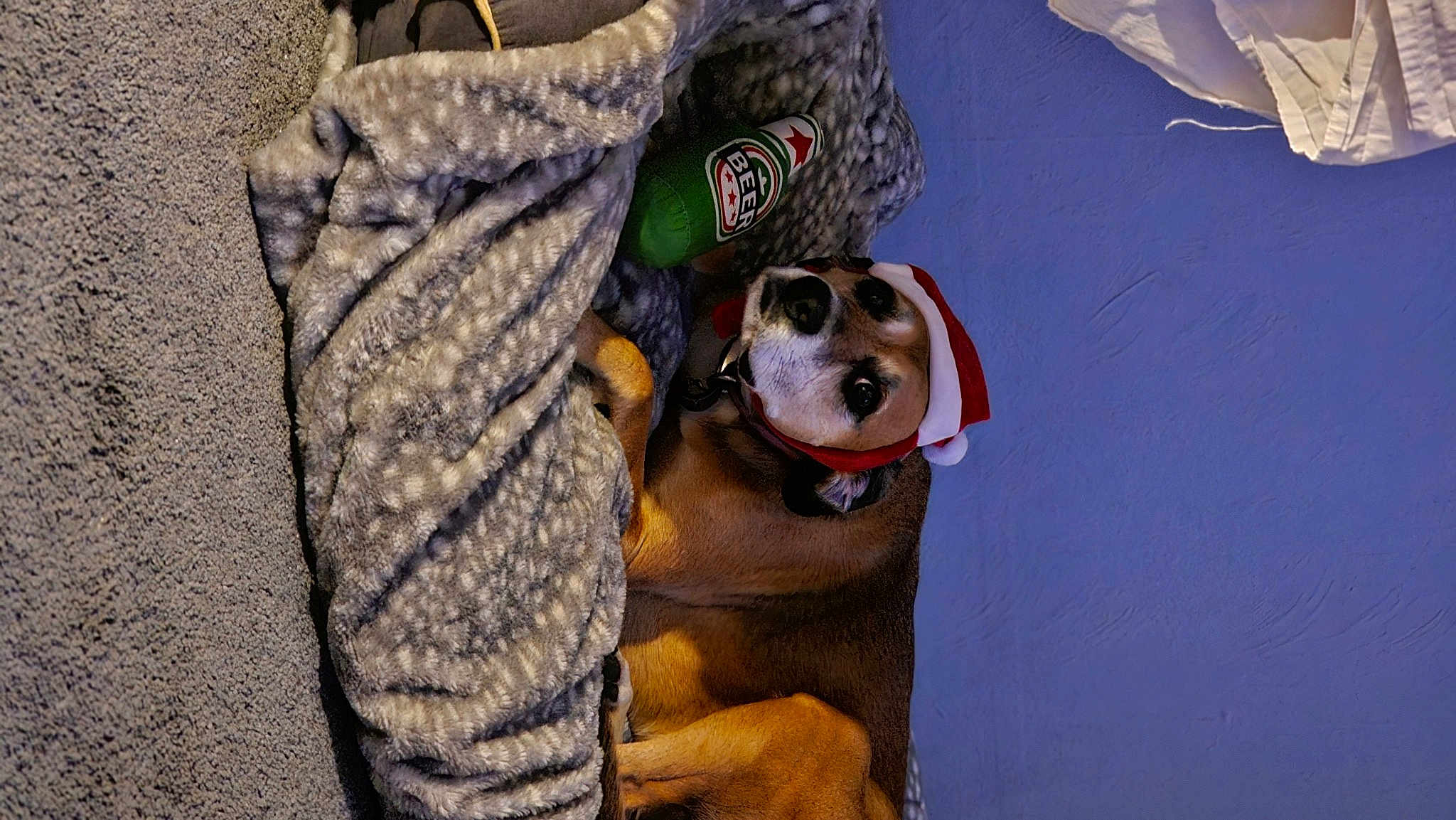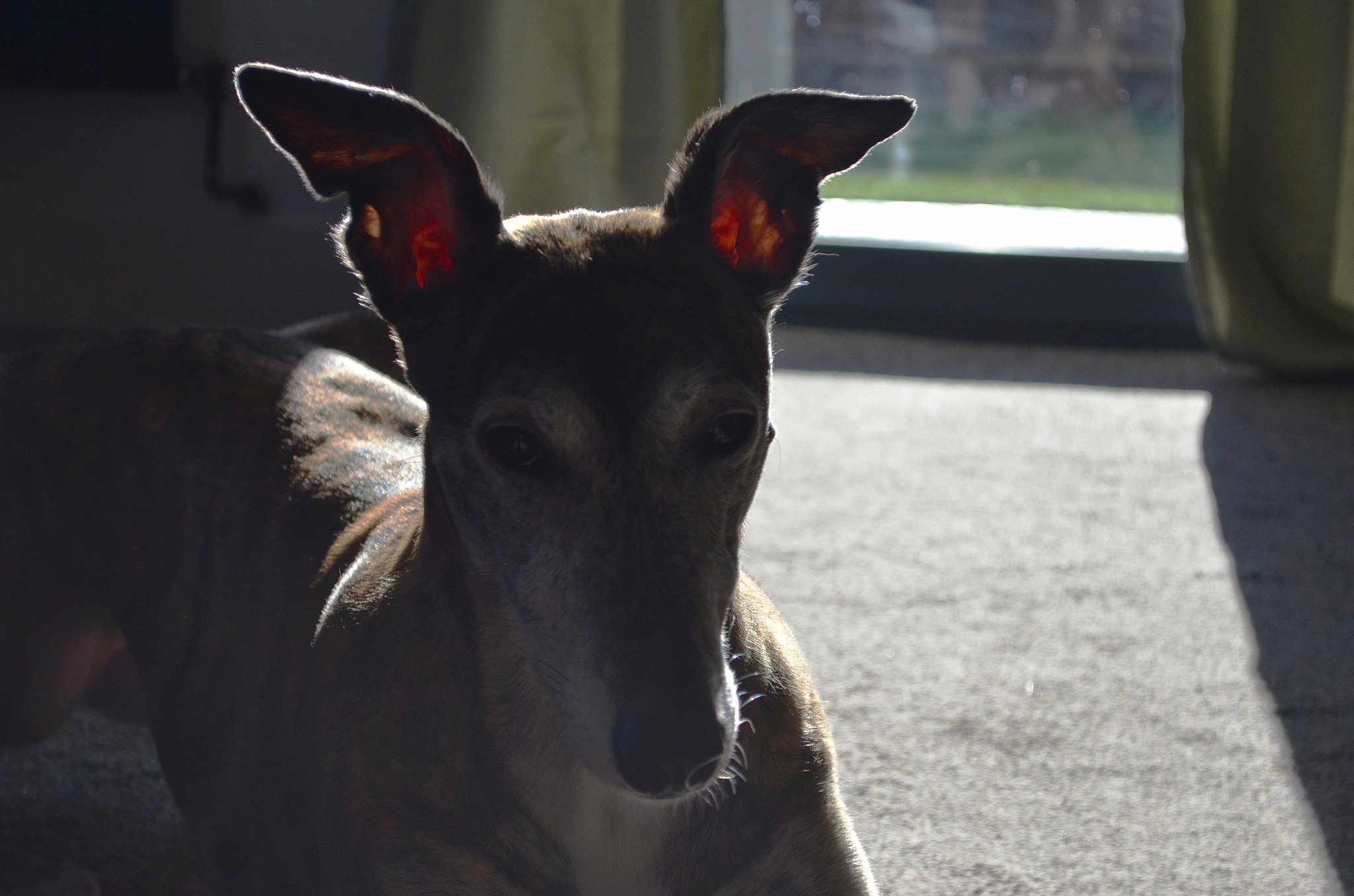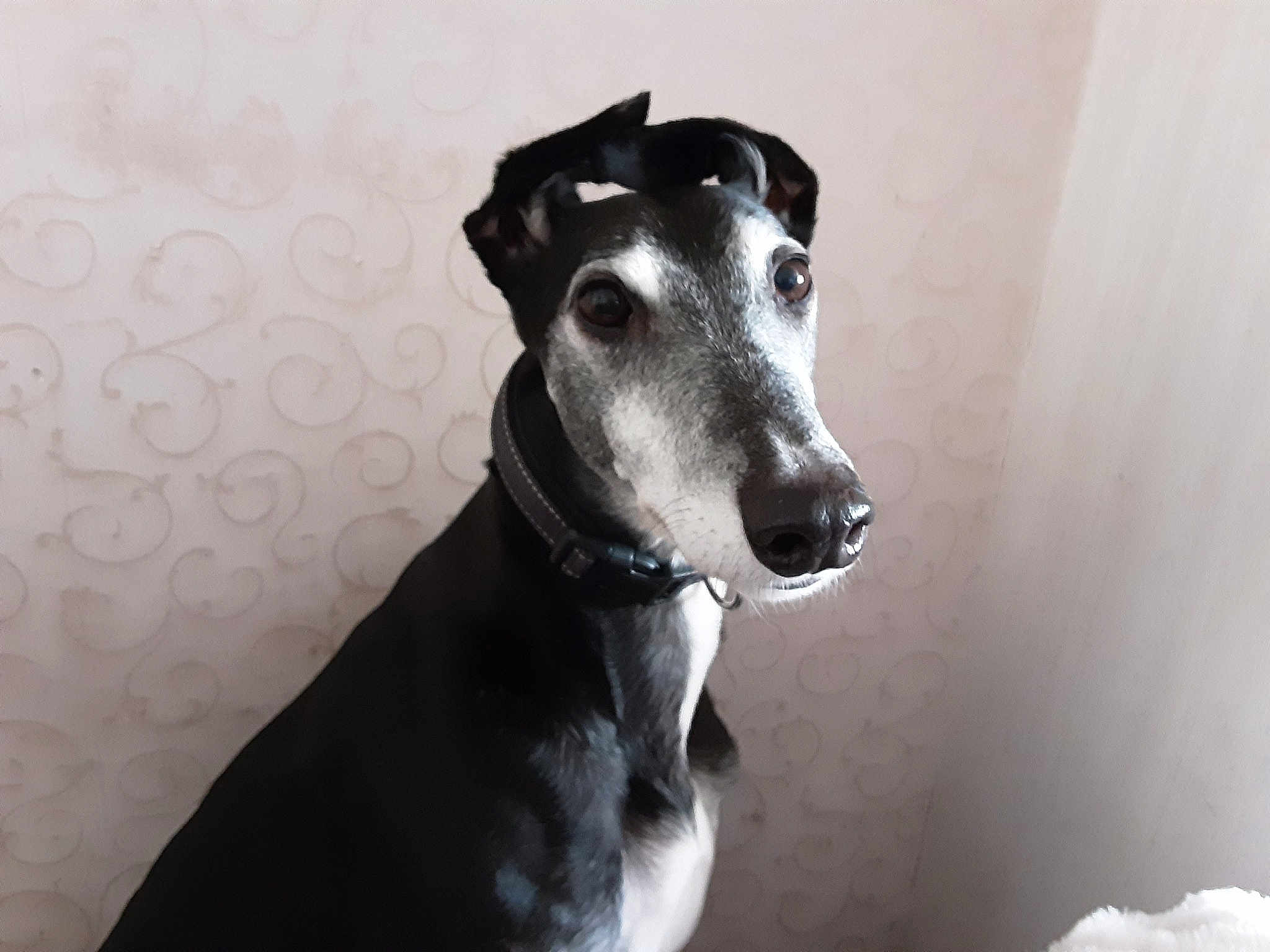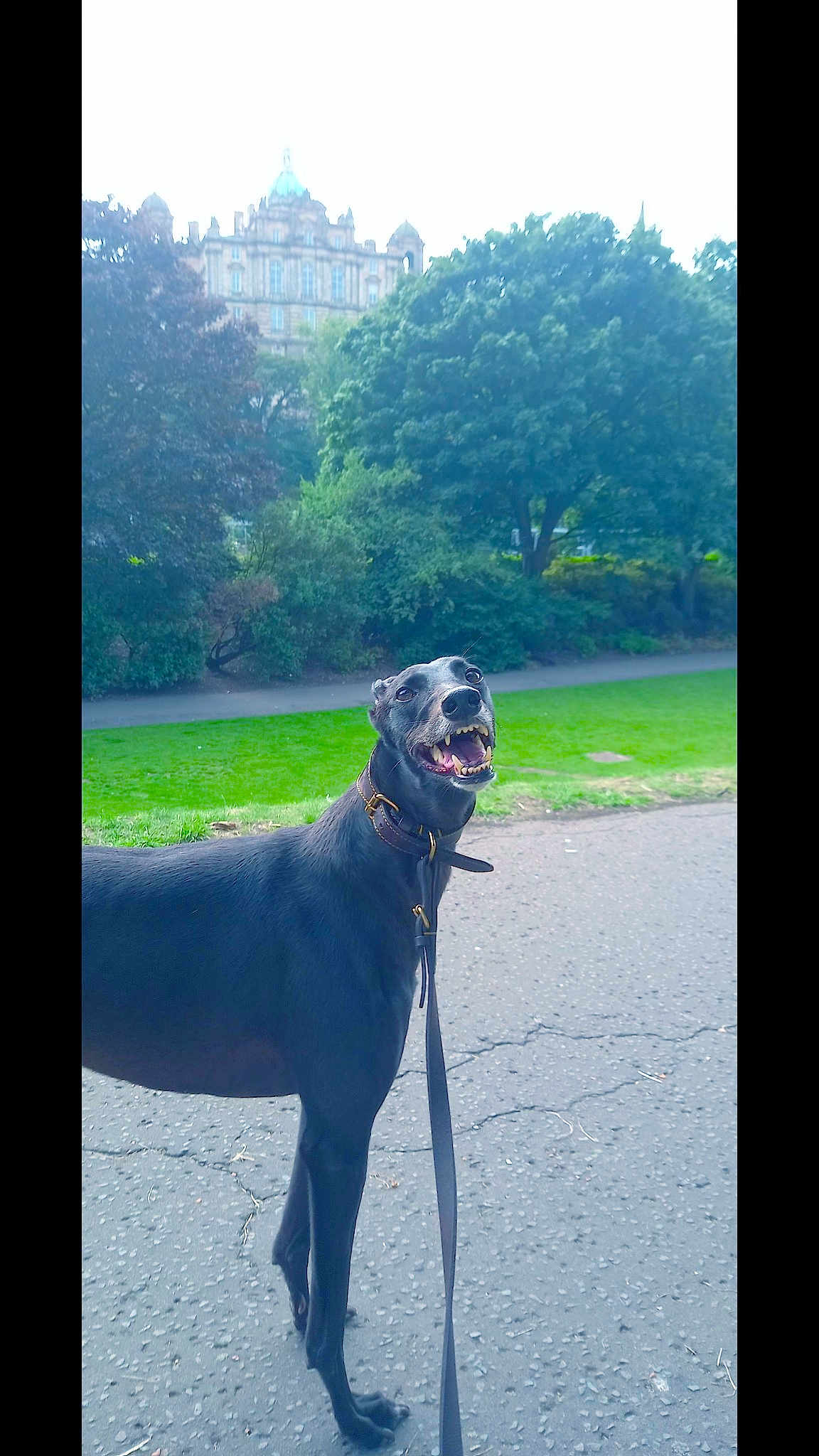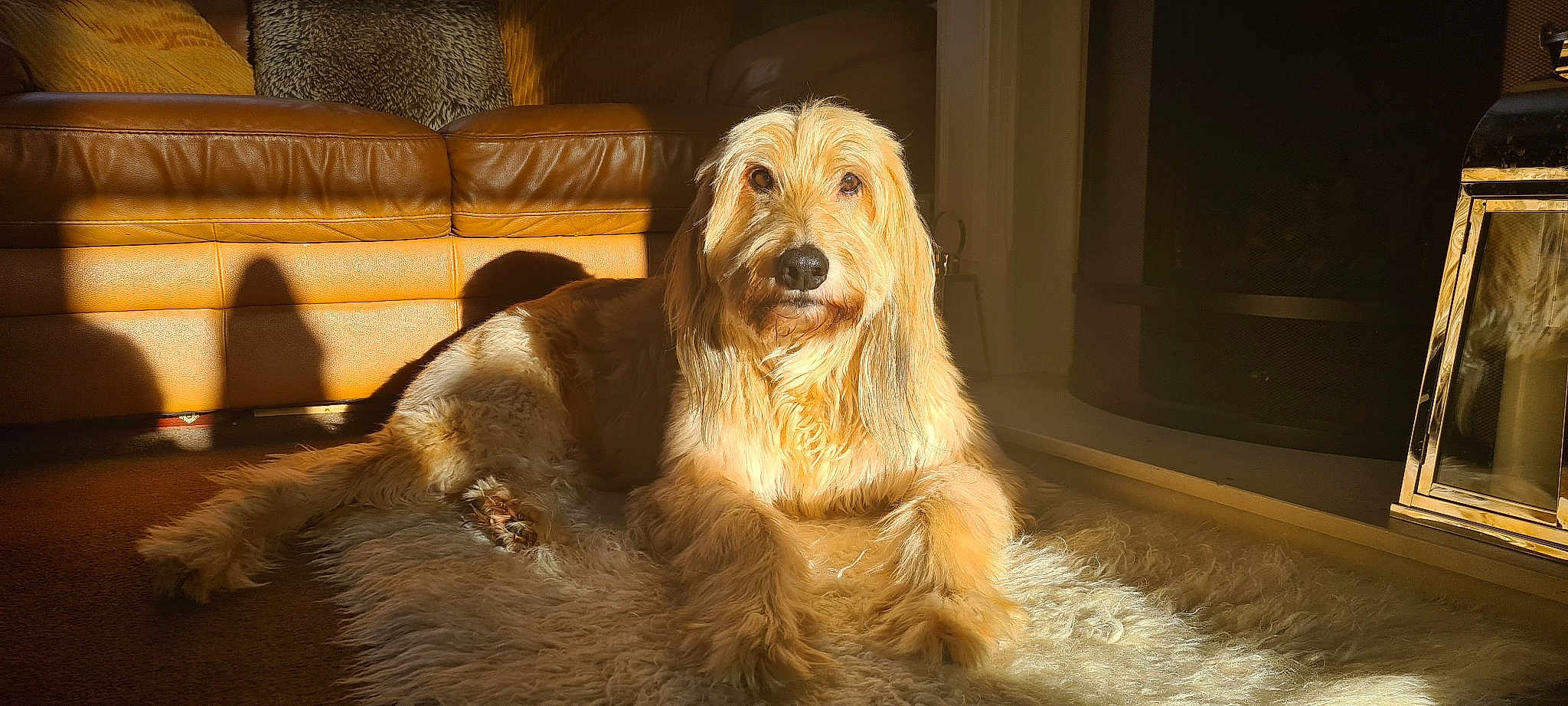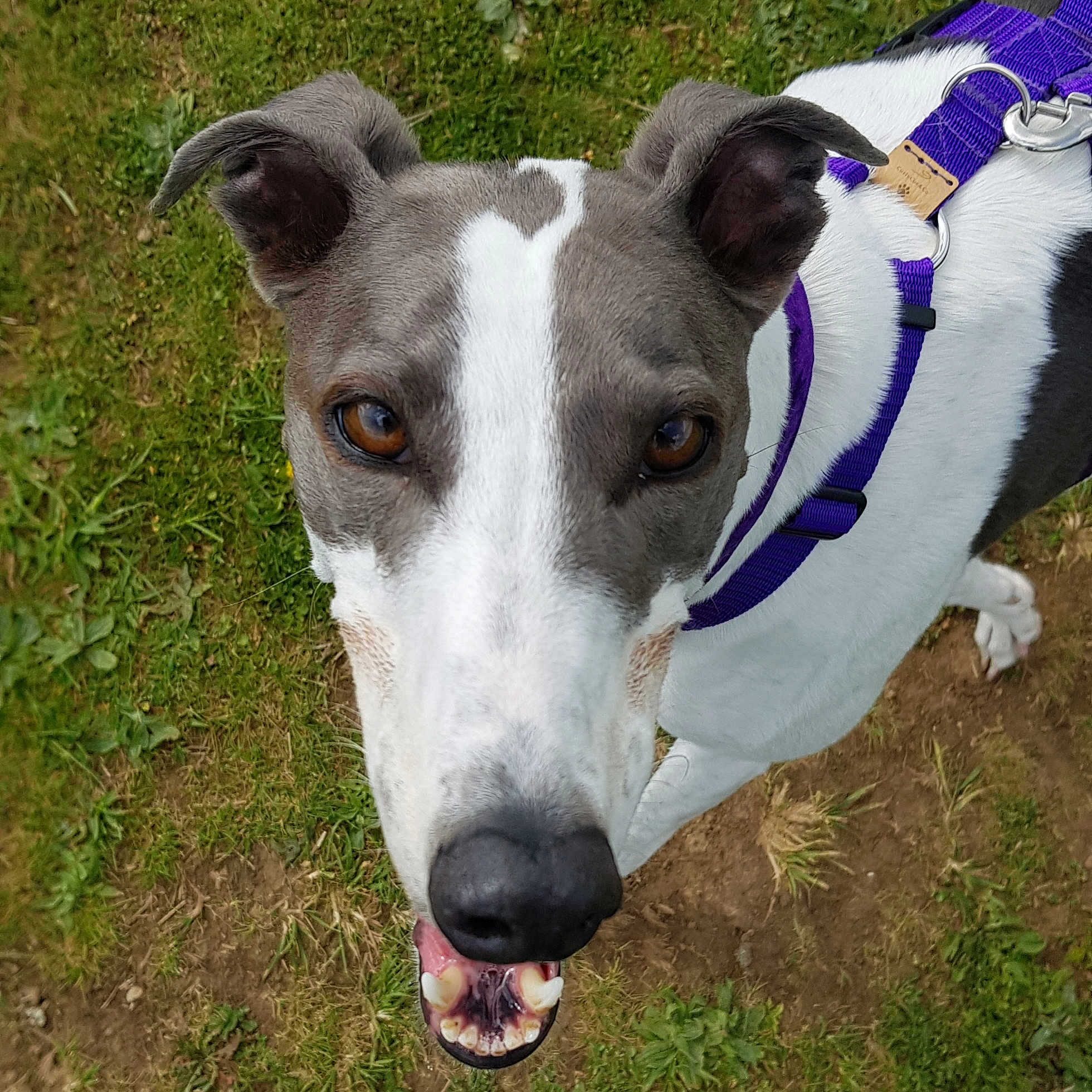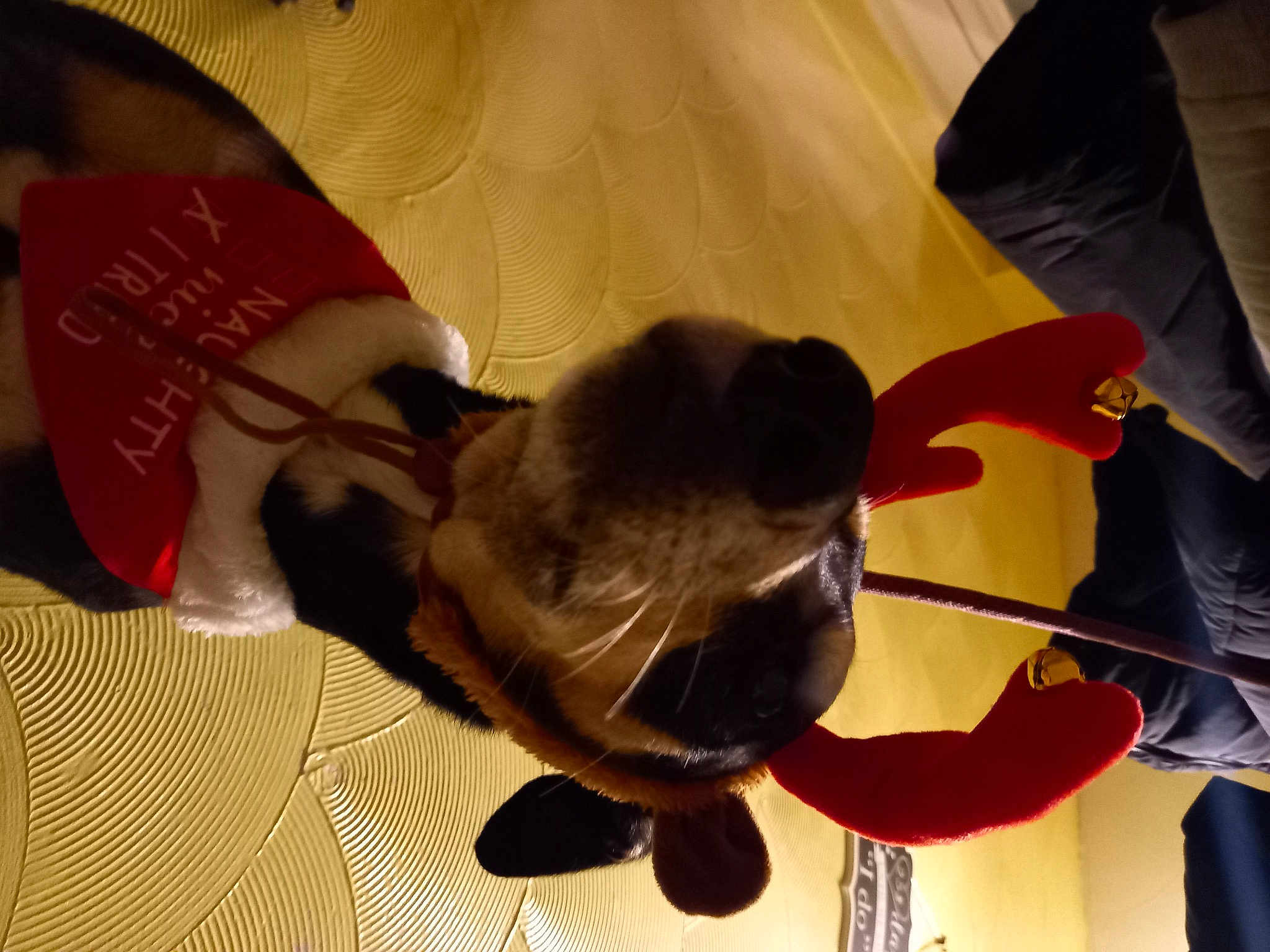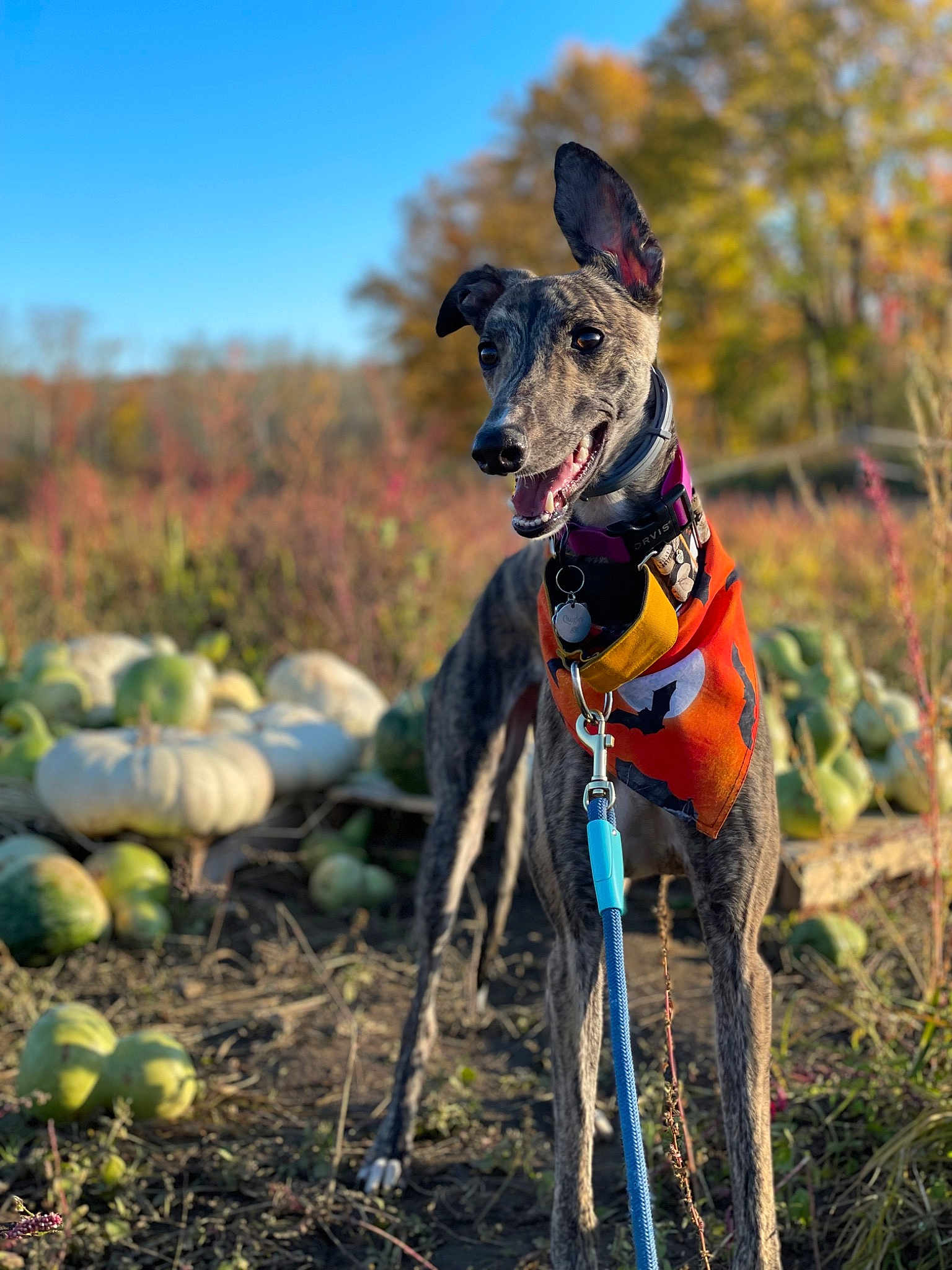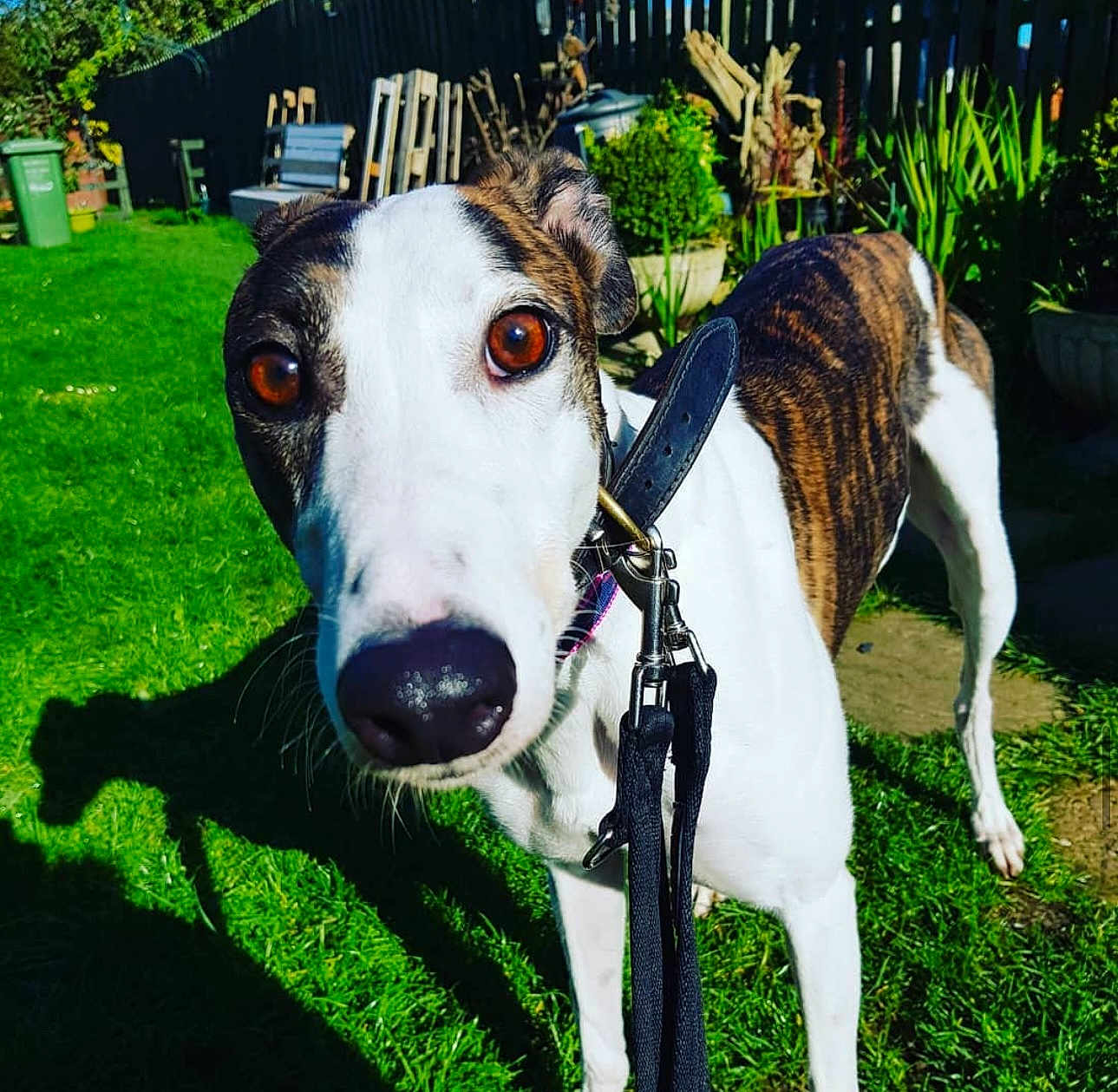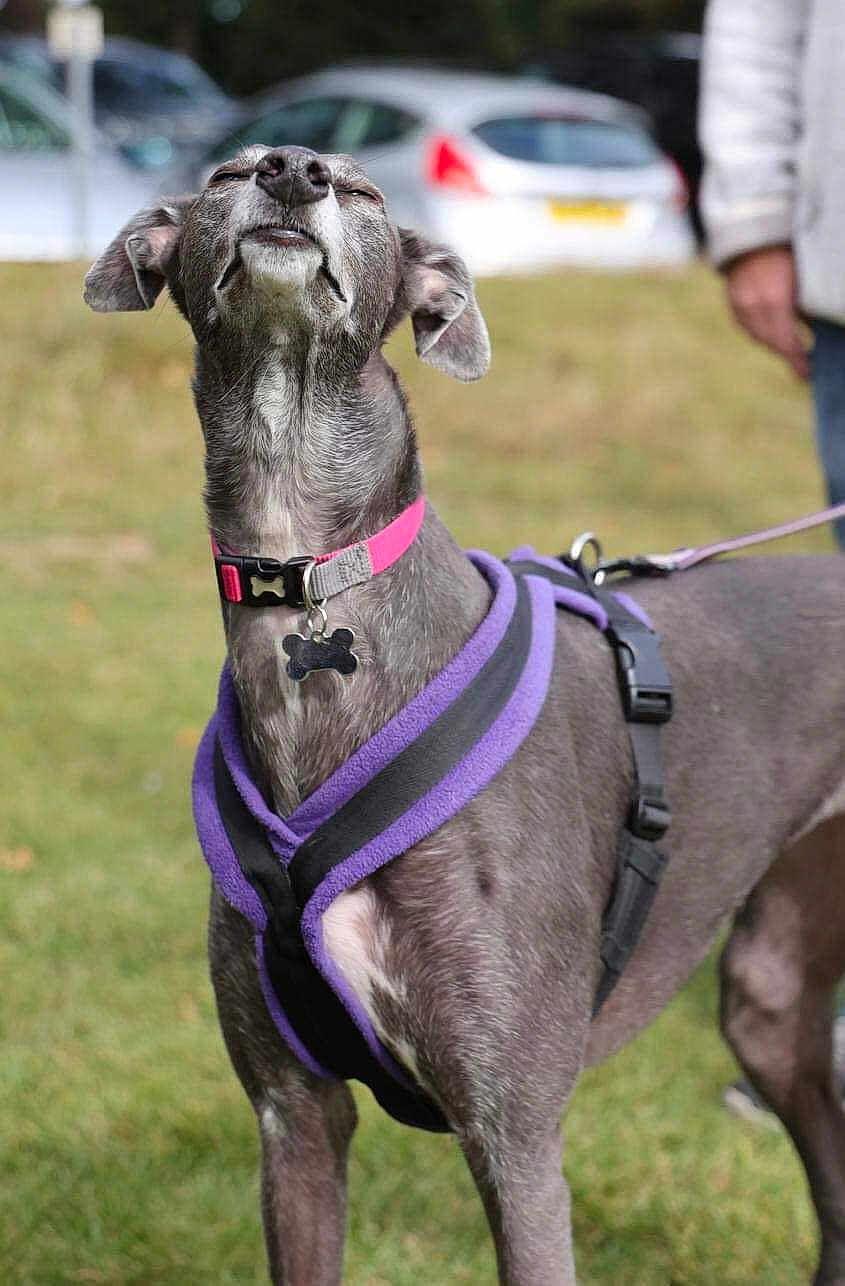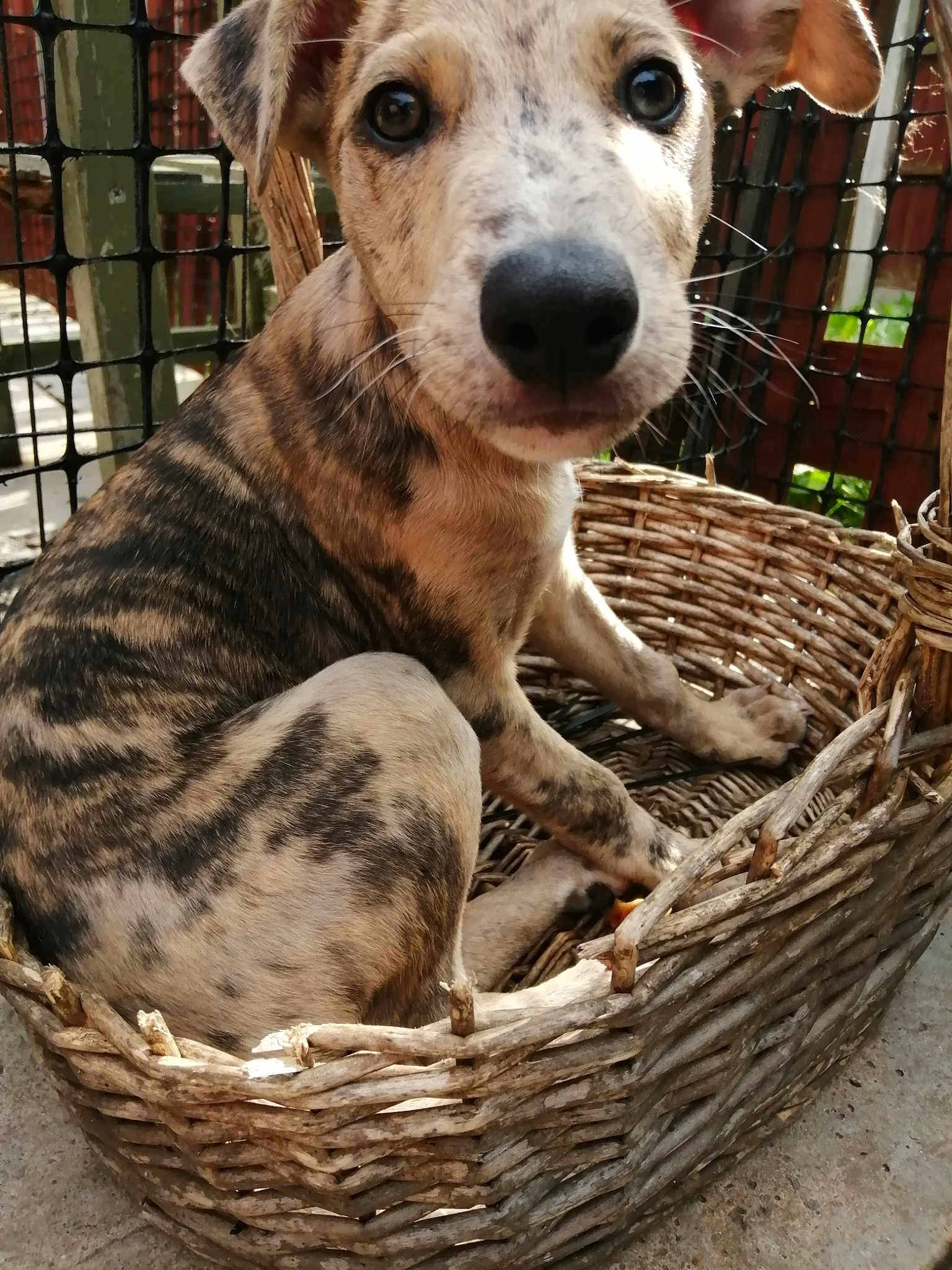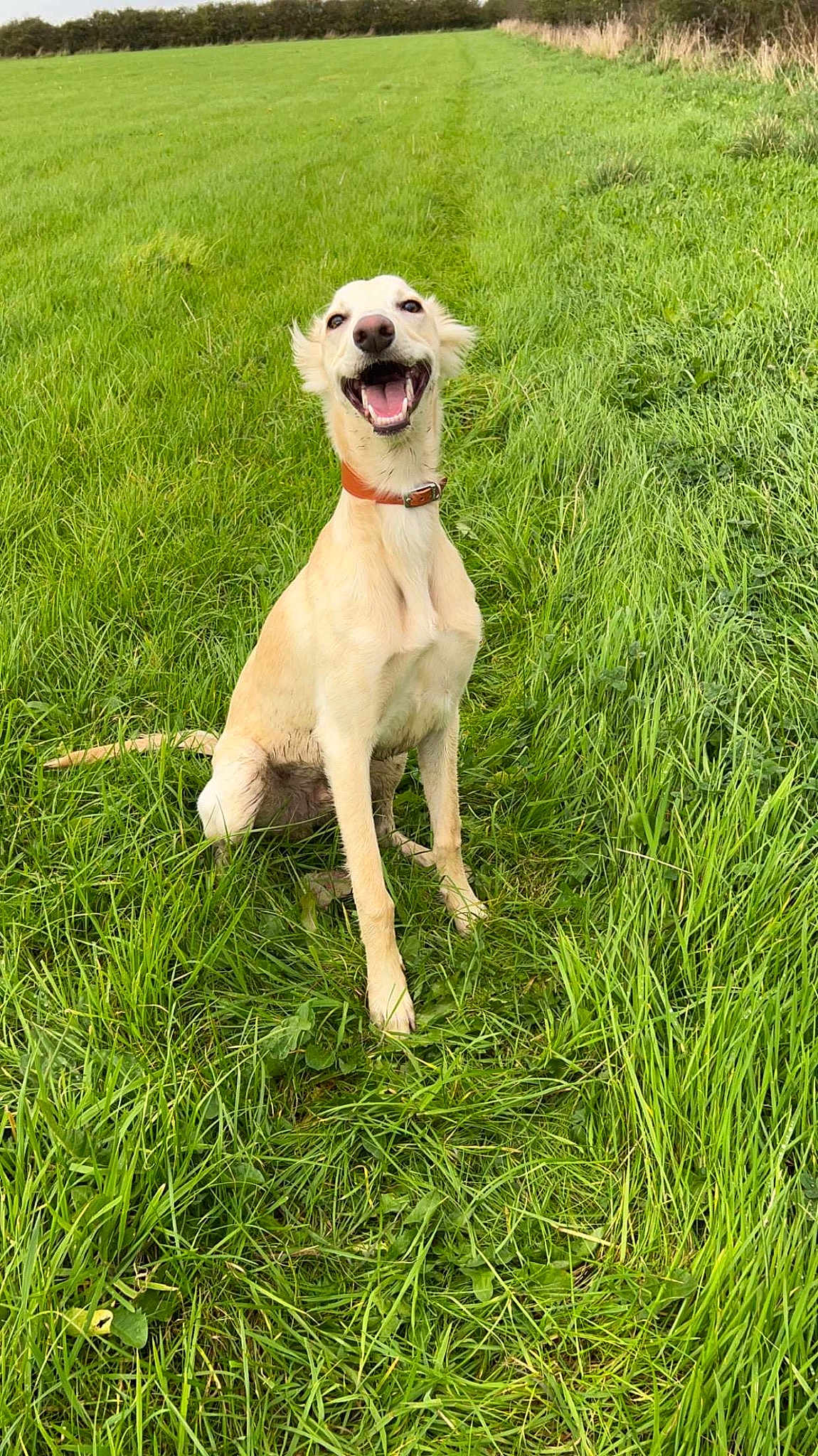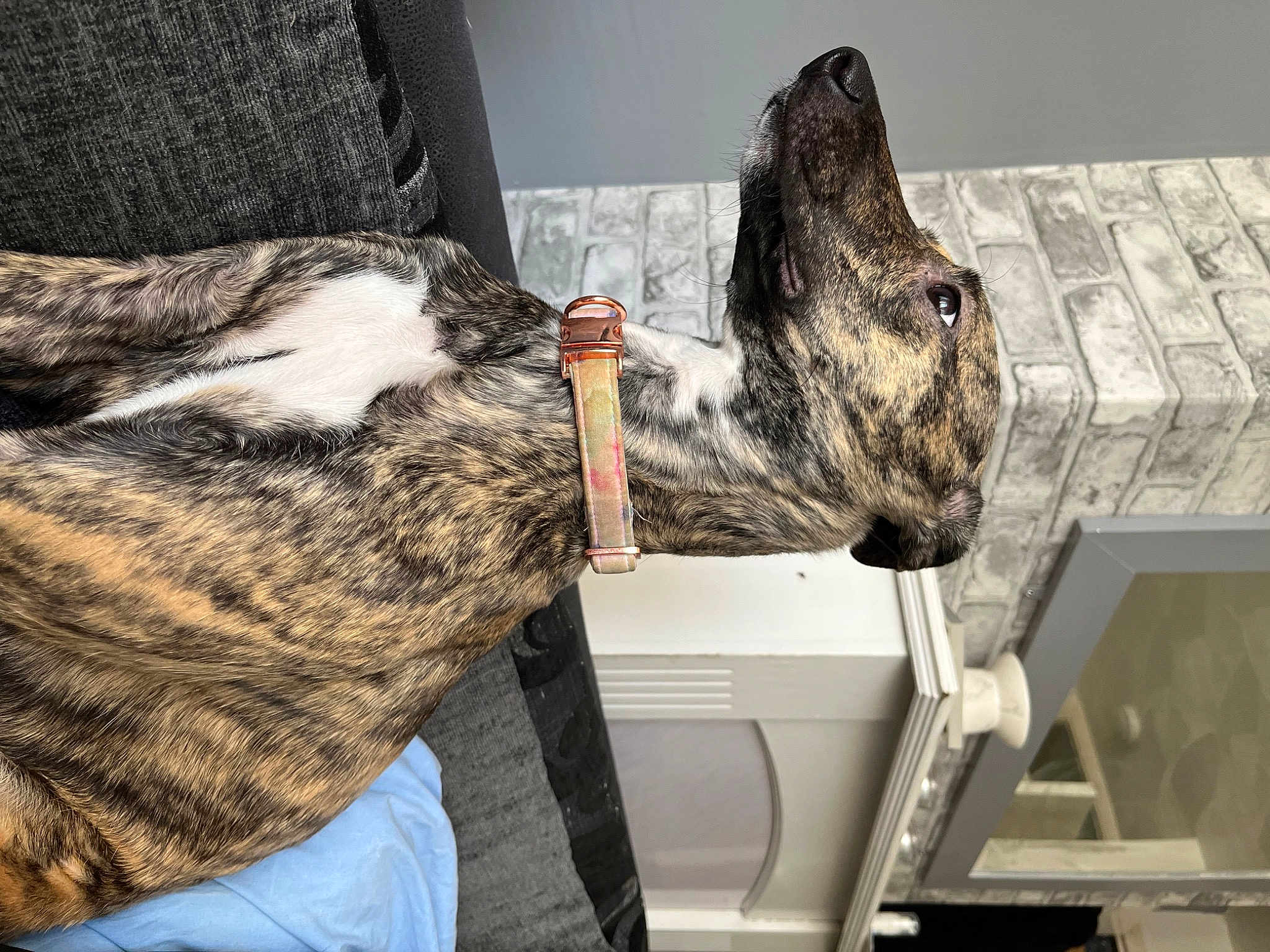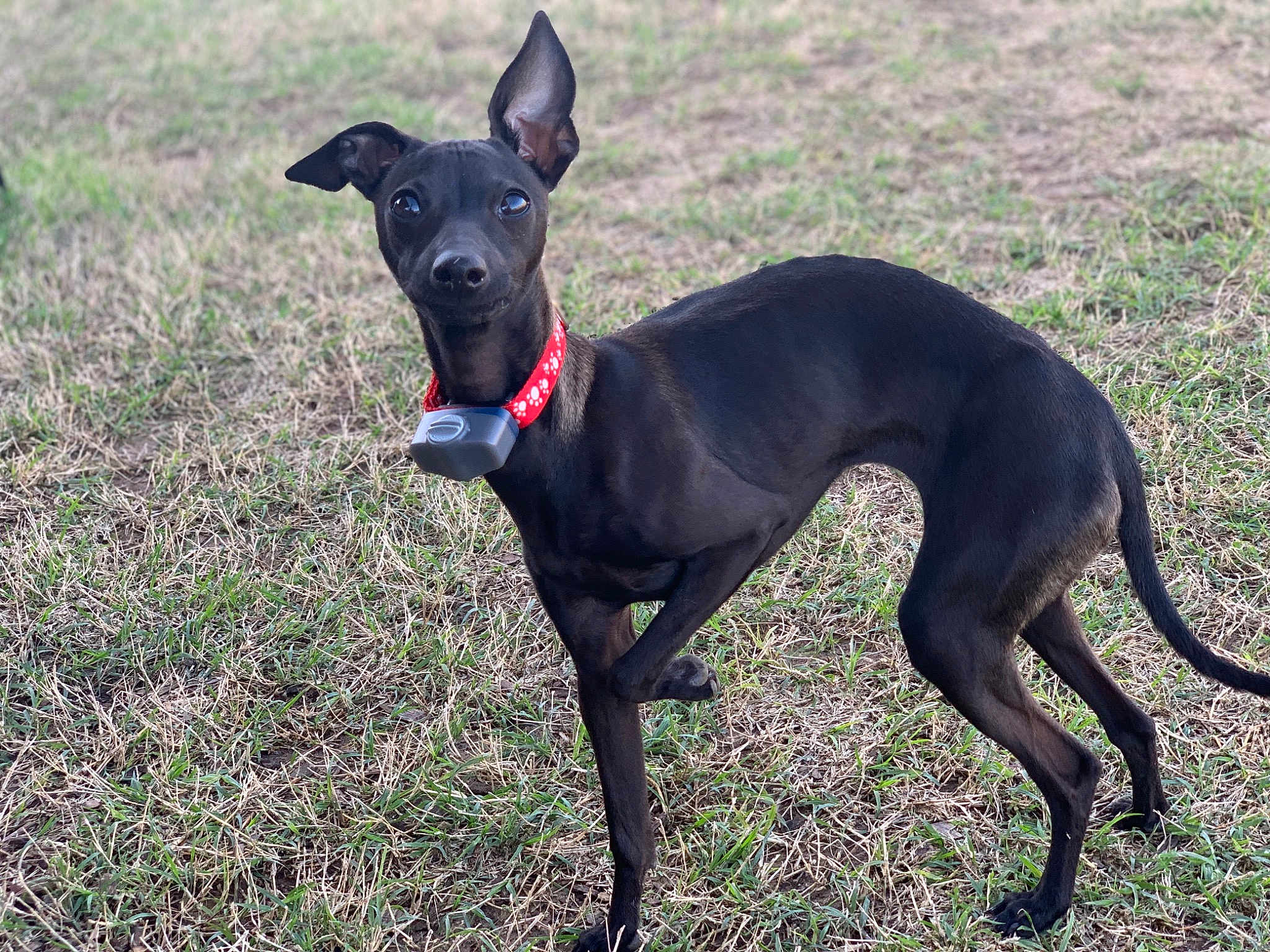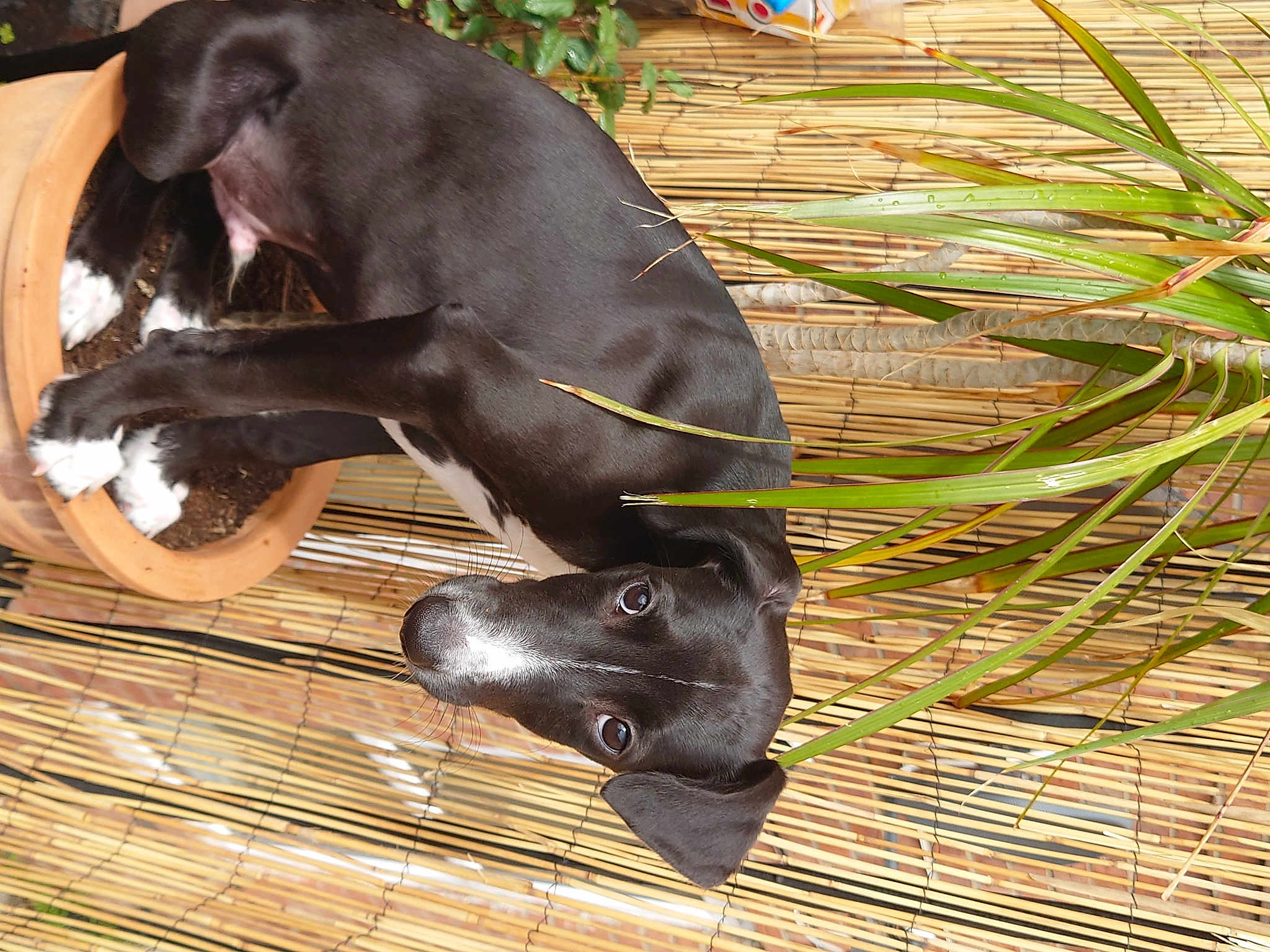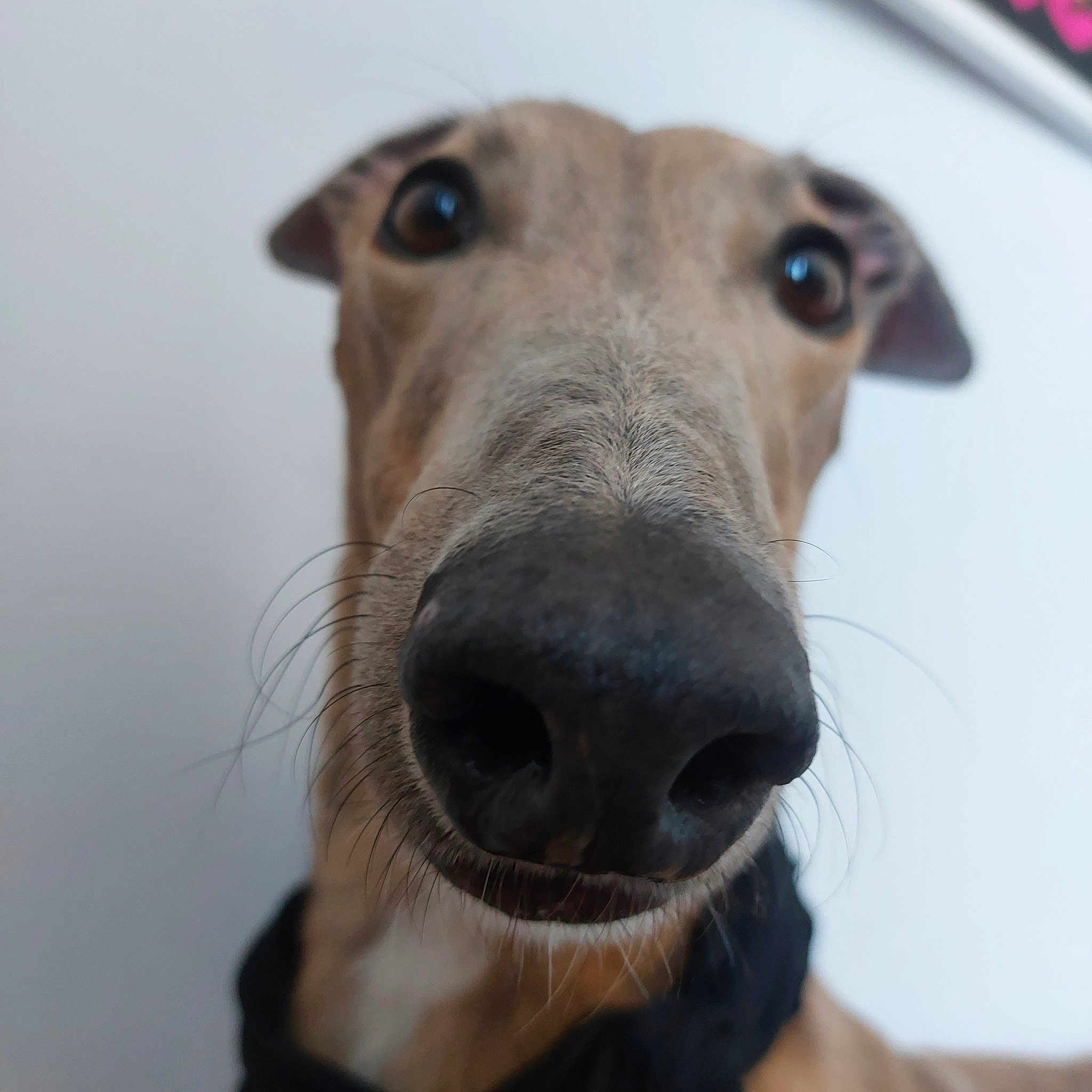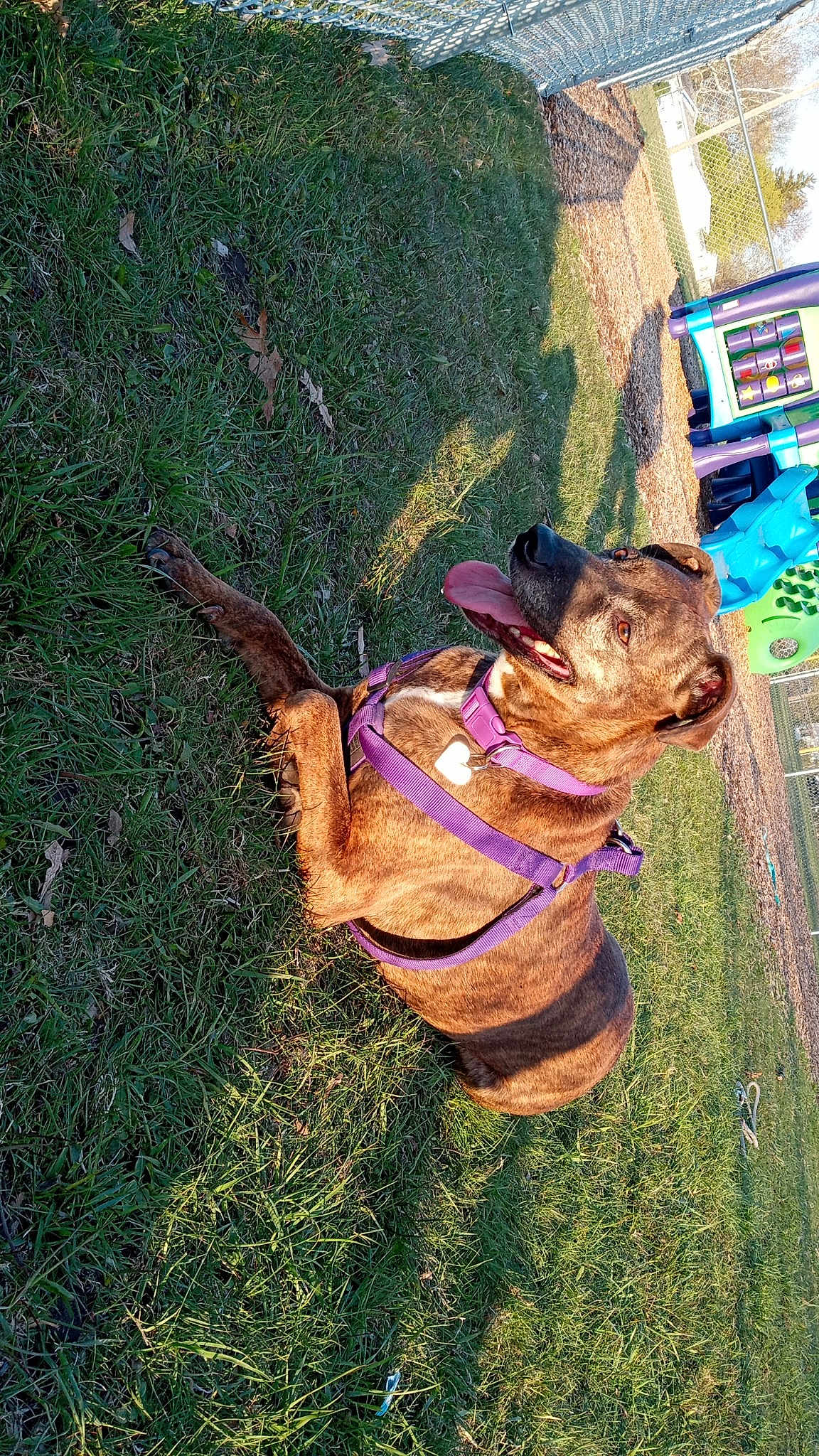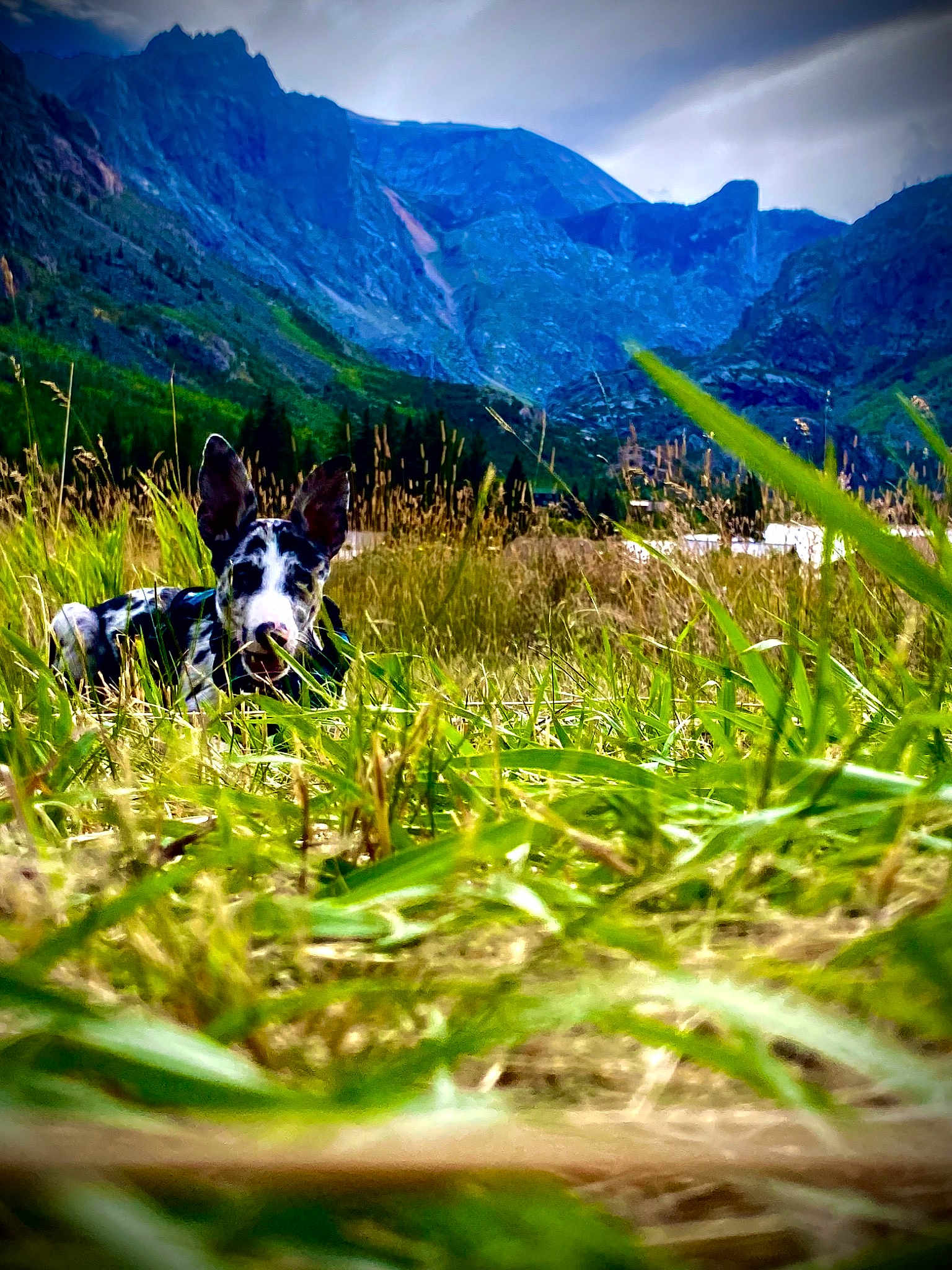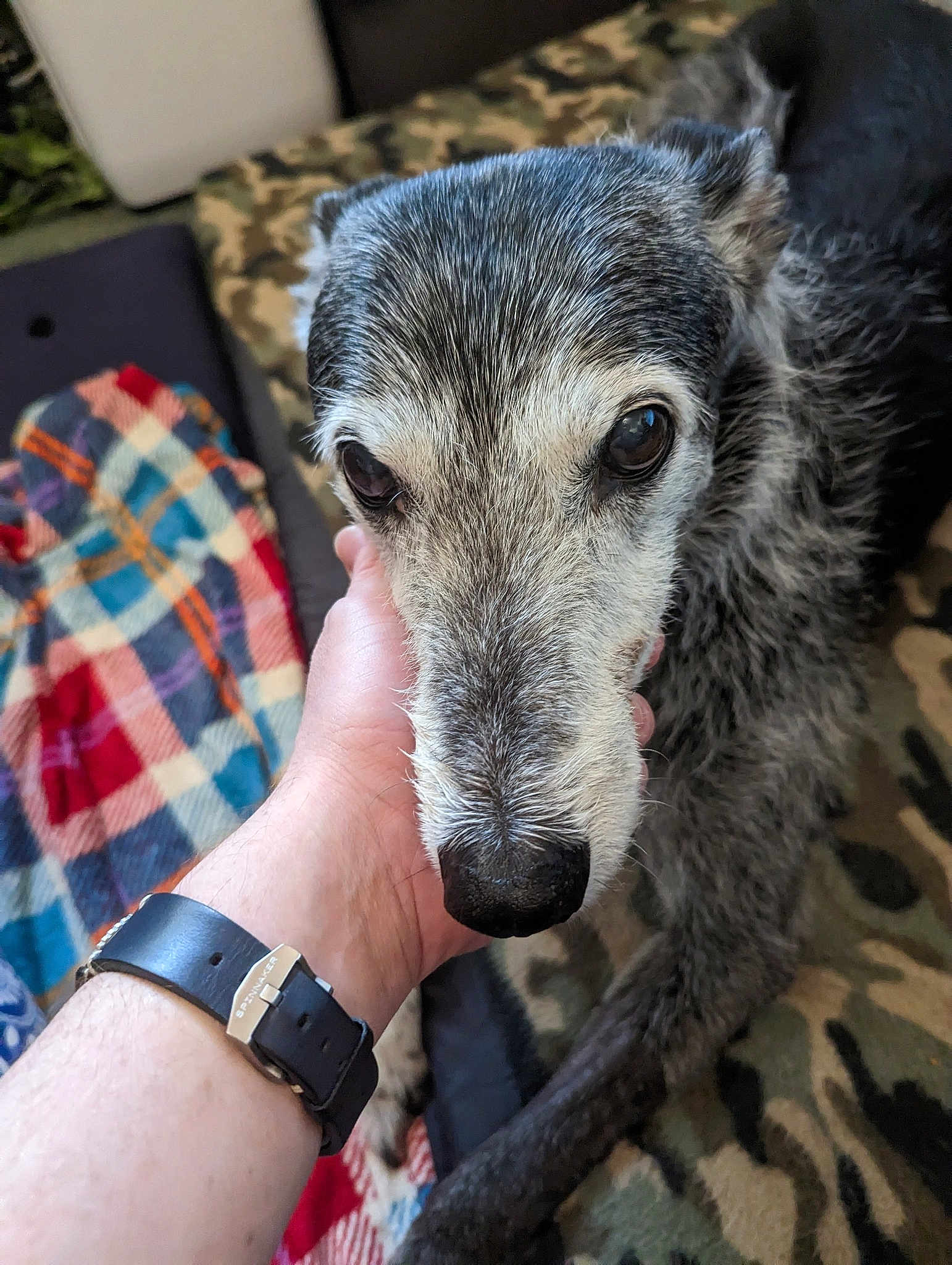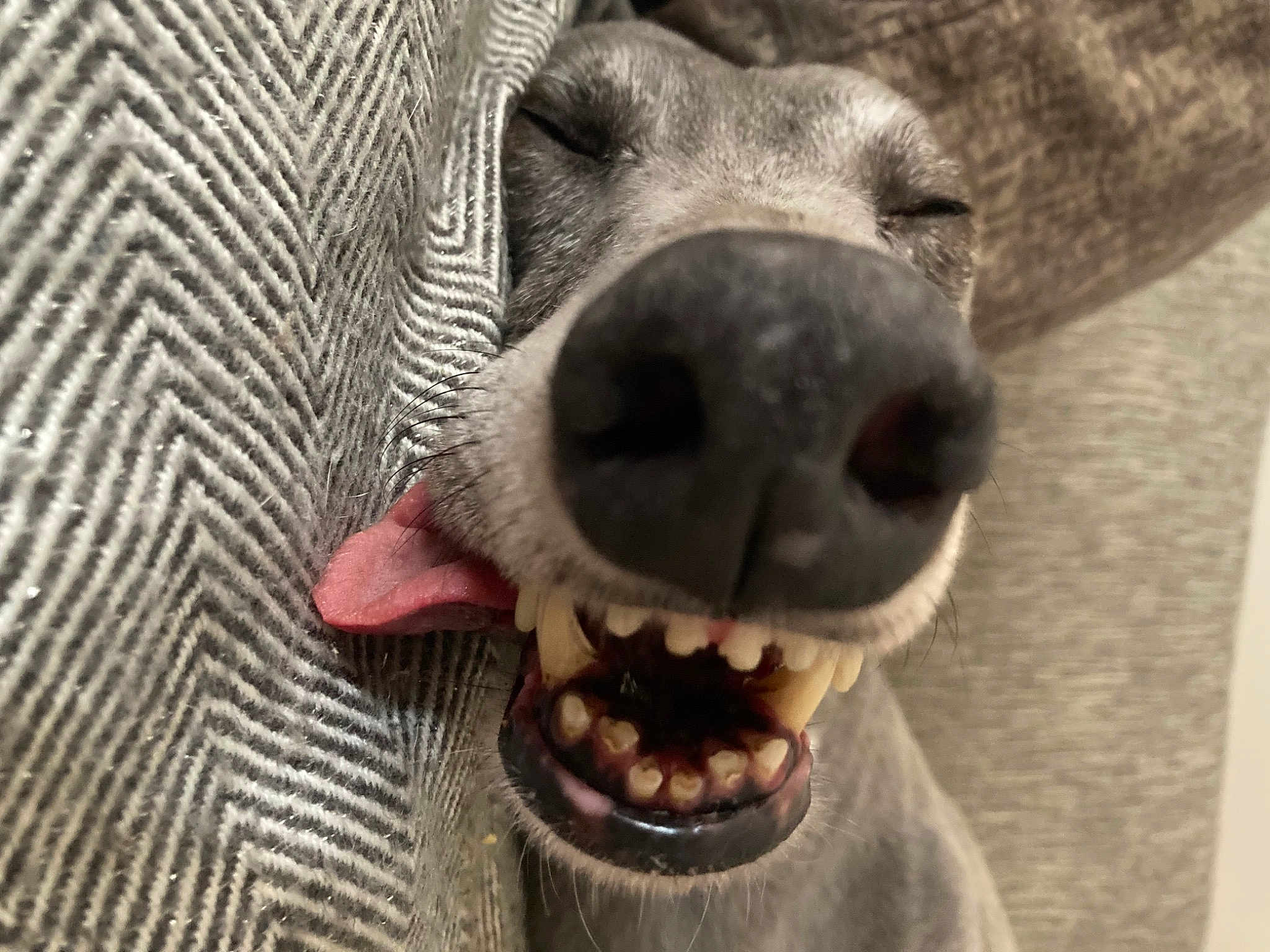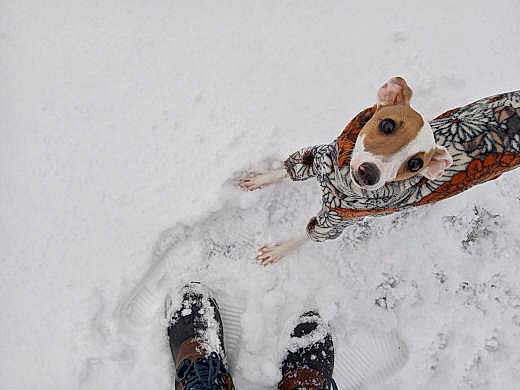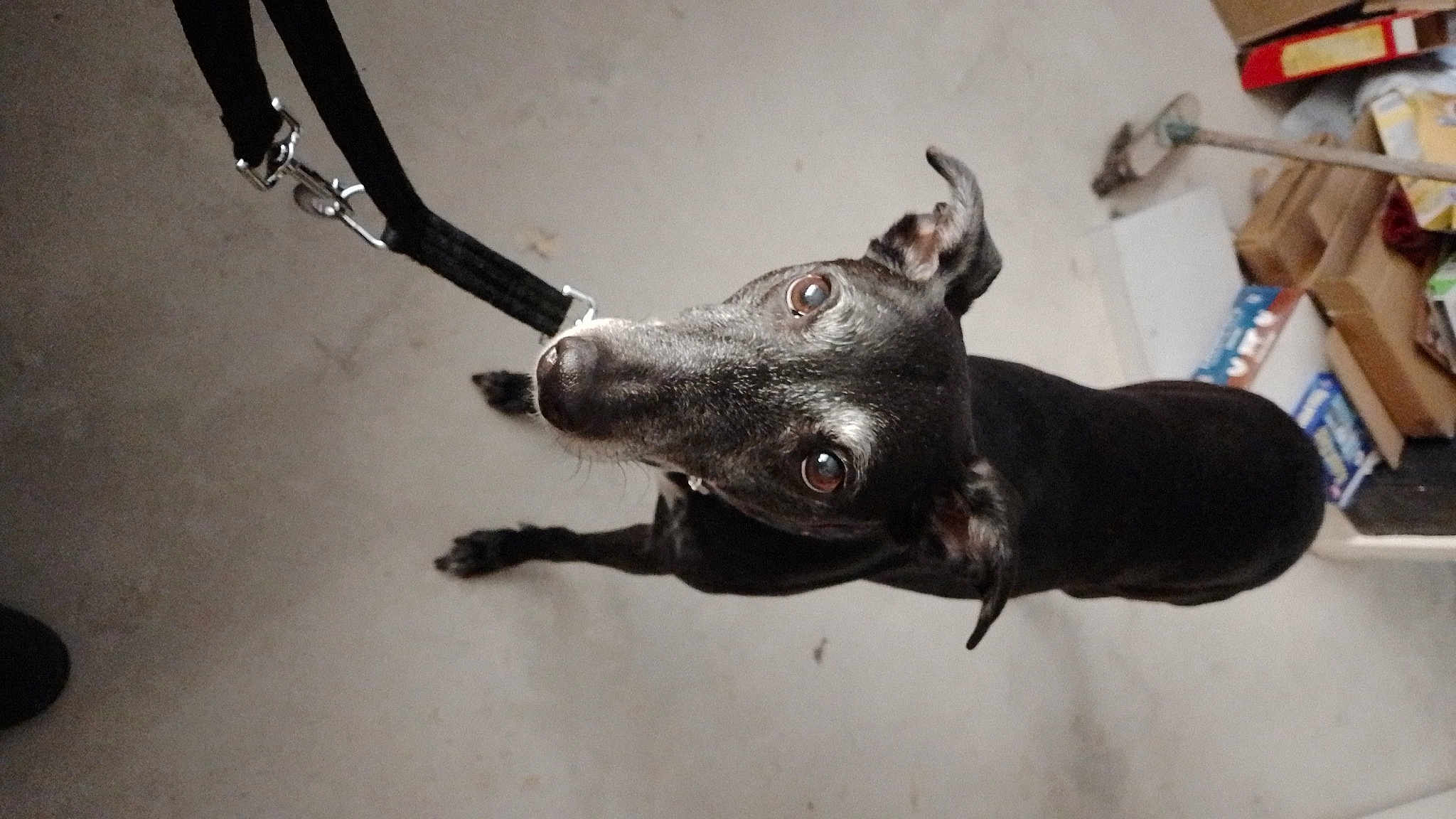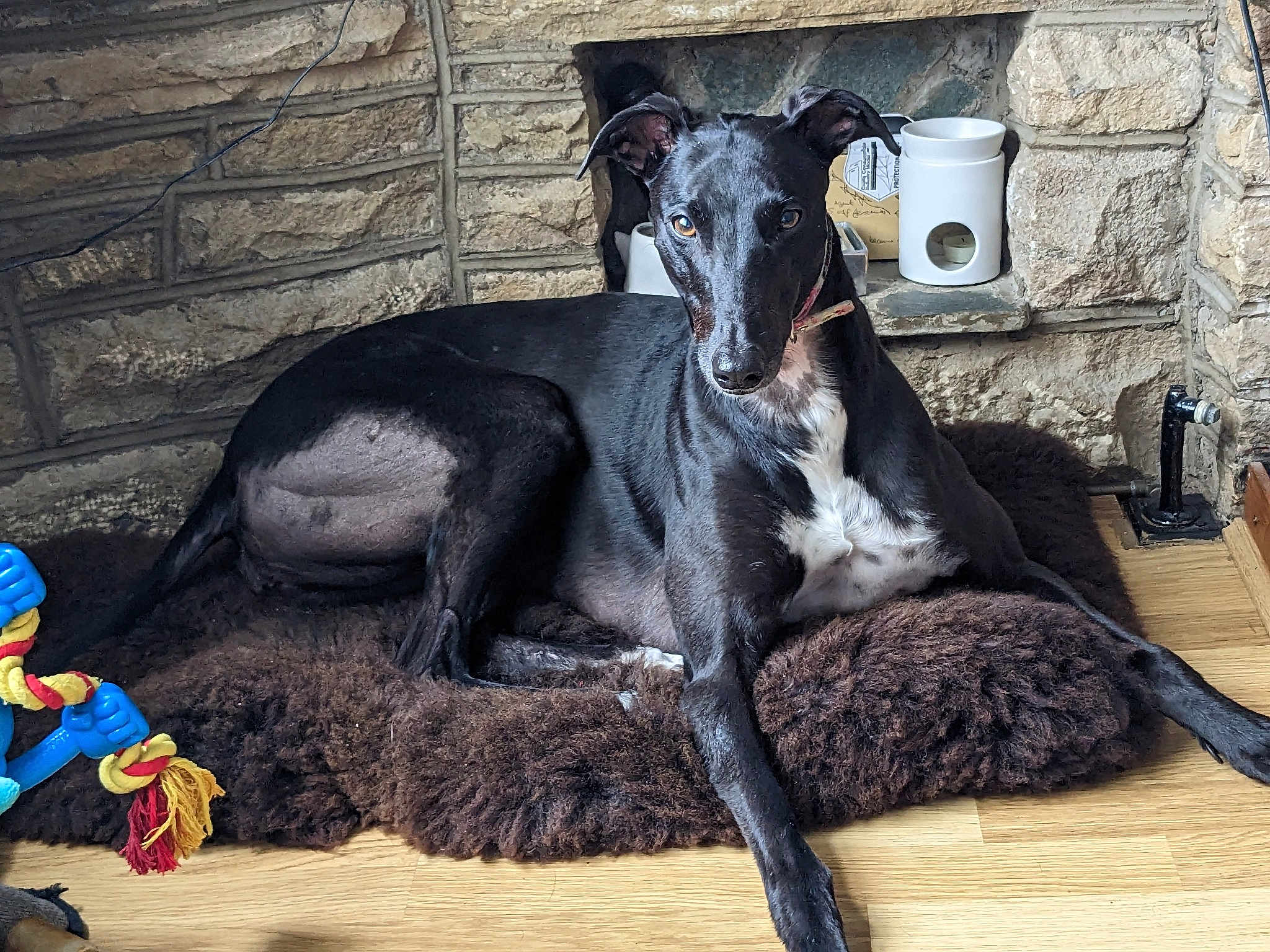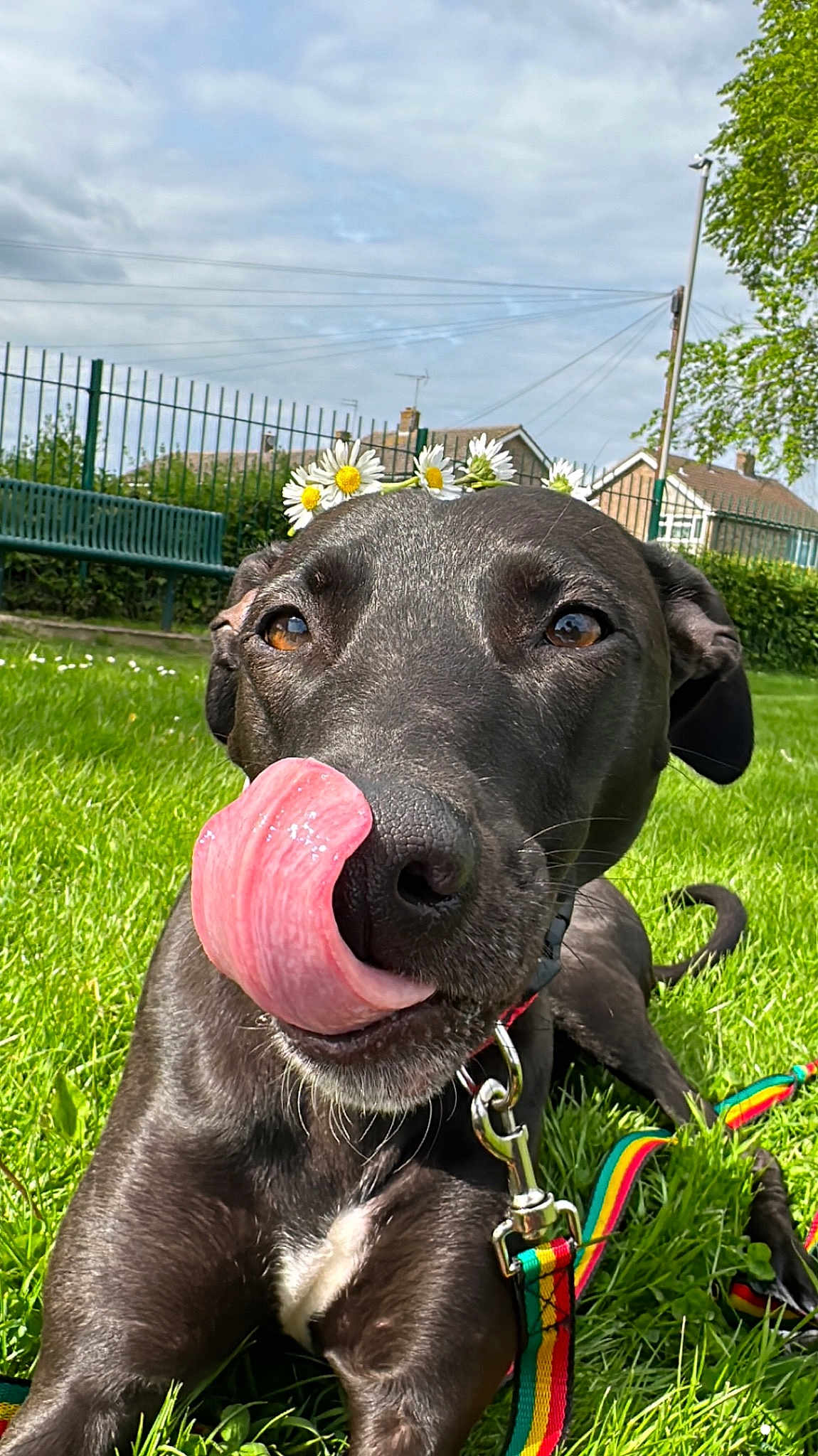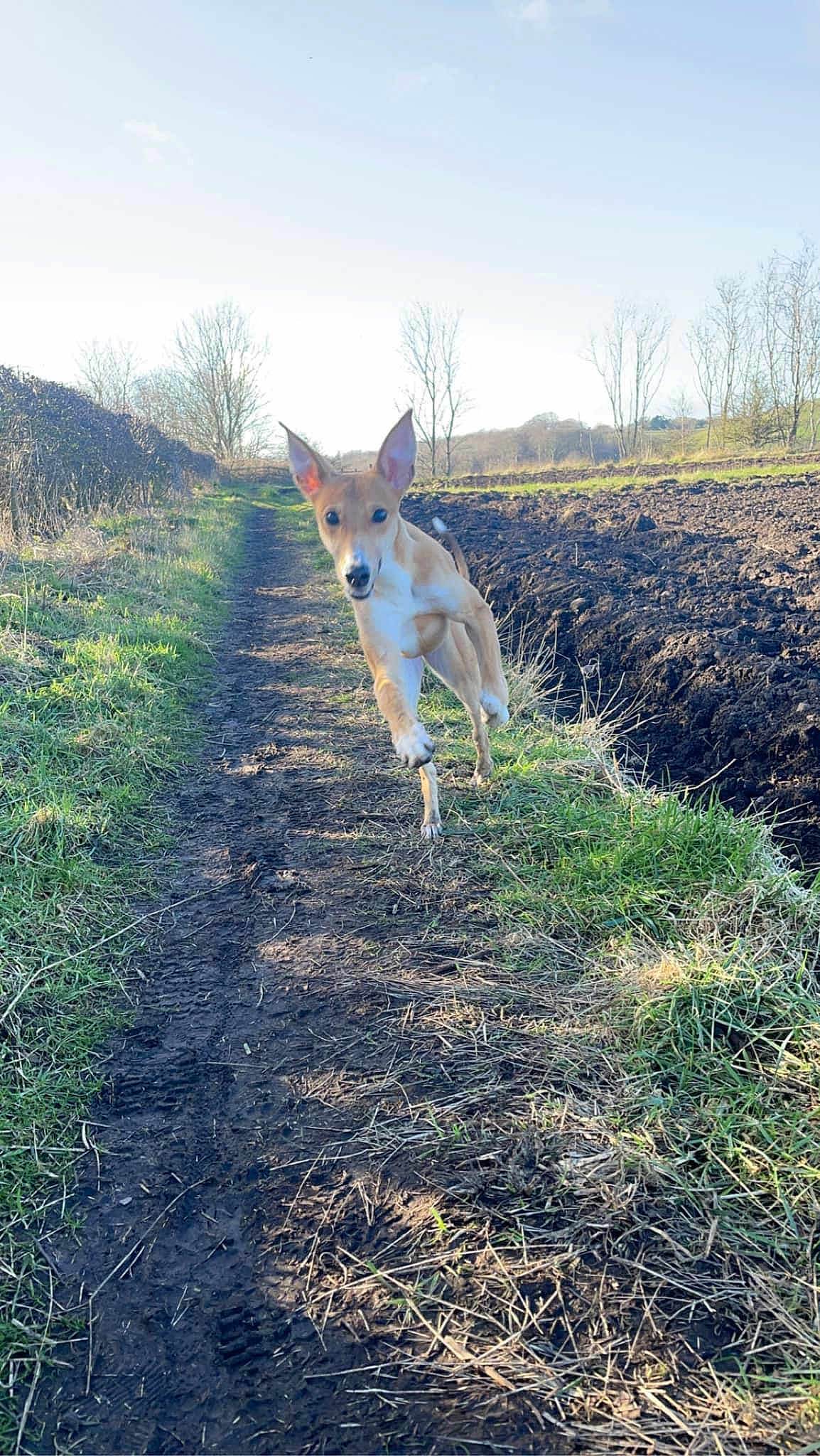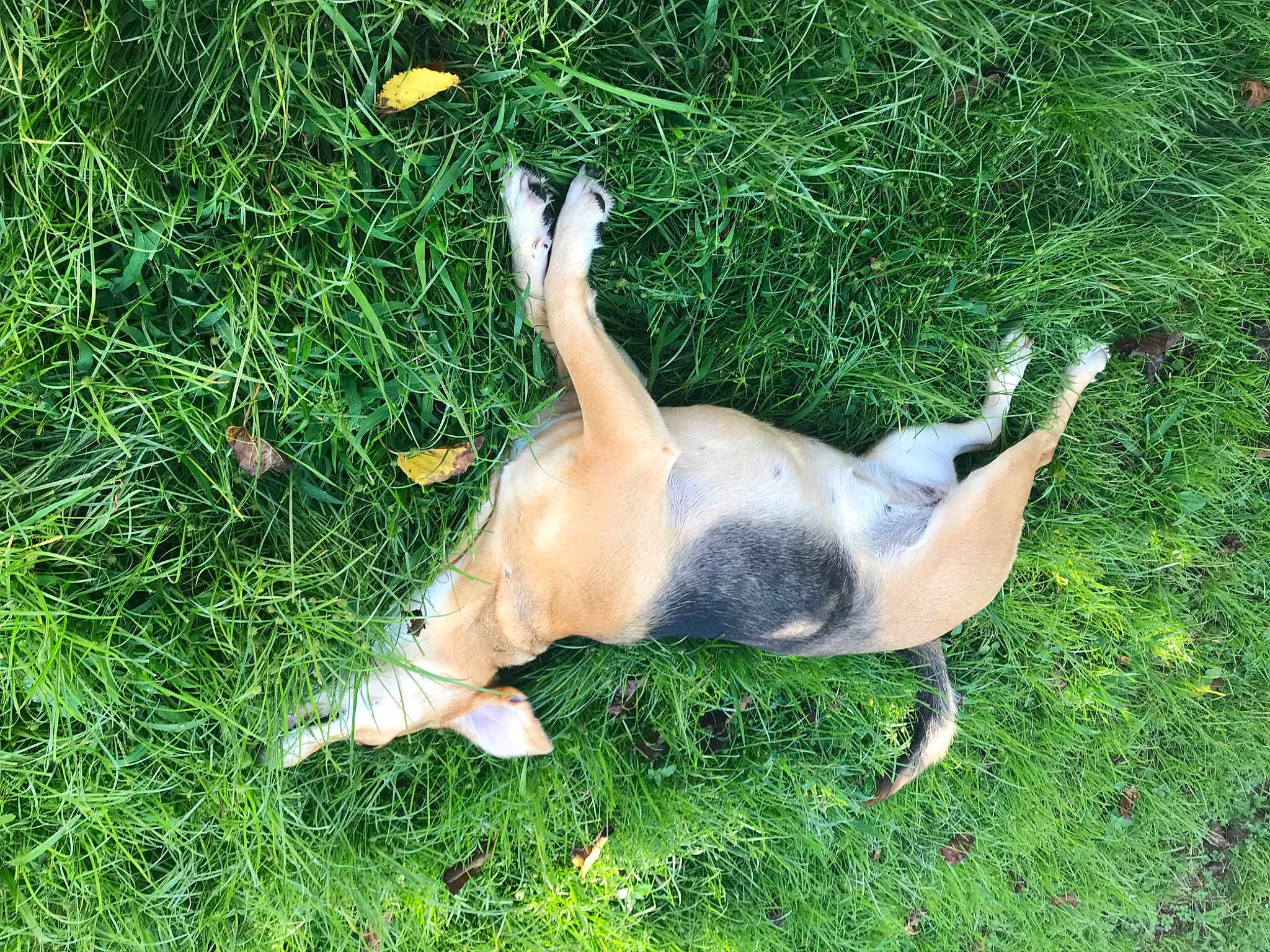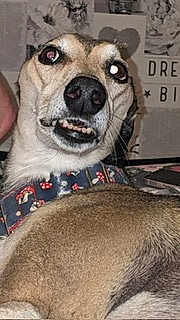
"The Greyhound, known for its exceptional speed and agility, can trace its lineage back over 4,000 years, making it one of the oldest dog breeds in existence."
Personality and Behavior of the Greyhound
Greyhounds are often celebrated for their gentle and mild-mannered temperament, making them excellent companions for a variety of households. Despite their racing prowess, Greyhounds are known for being surprisingly calm and relaxed, often referred to lovingly as "couch potatoes" due to their love of lounging around the house. This breed exhibits an easy-going nature, which makes them particularly suitable for families with children or other pets.
A standout trait of the Greyhound is their incredible sweetness. They are typically very affectionate with their owners, forming strong bonds and displaying loyalty. Despite their association with high-speed chases, they tend to be quite reserved and can sometimes come off as shy or timid around strangers. However, with proper socialization, they generally warm up to new people and situations over time.
In terms of behavior, Greyhounds are often quite sensitive. They respond better to positive reinforcement and gentle training methods. Harsh correction or loud scolding can easily upset them, as they are highly attuned to their owner's emotions and react strongly to their environment. This sensitivity, though, also means they are excellent at picking up on their owner's moods and can be very comforting and intuitively responsive companions.
A fascinating detail about Greyhounds is that they are known for their exceptional eyesight. Unlike many other dog breeds, Greyhounds primarily rely on their sight rather than scent to track and chase prey. This unique trait is a key reason behind their incredible sprinting capabilities.
Meanings, History and Origins of the name Greyhound
The name "Greyhound" is derived from the Old English word "grighund," where "grig" is believed to refer to a type of dog and "hund" simply means hound. There is some debate around the etymology, however, as some suggest that "grig" could also be related to "grey," denoting the breed's common coat color in ancient times.
Historically, Greyhounds have held a special place in various cultures. They are often depicted in ancient Egyptian art, adorning the tombs of pharaohs, which signifies their revered status. Egyptians considered Greyhounds to be not just noble companions but also sacred animals. Moving forward in history, Greyhounds made their way through Europe, becoming icons of nobility and prestige during the Middle Ages. Their swiftness and elegance made them favorites among aristocrats and royalty, often depicted in medieval hunting scenes.
The breed's origin can also be traced back to the Middle East, where they were used for hunting due to their remarkable speed and endurance. It's believed that the breed was traded and spread along various trade routes, contributing to their global presence and integration into different cultural narratives.
Popularity of the Greyhound
Greyhounds enjoy a moderate level of popularity, particularly noted for their association with racing and as rescue pets post-racing careers. In English-speaking countries like the United States, Greyhounds have gained significant popularity as family pets, owing largely to the many adoption programs that find homes for retired racing dogs.
Their popularity in other parts of the world varies. In Europe, particularly in the UK, Ireland, and Spain, Greyhounds have a long-standing tradition in racing, and thus have a significant presence. Many organizations in these countries work tirelessly to ensure that retired racers are adopted into loving homes, boosting the breed's popularity as affectionate and loyal companion animals.
In Australia and New Zealand, Greyhound racing is also a notable sport, ensuring the breed's presence in these regions. Advocacy for the adoption of retired Greyhounds has similarly increased their popularity as pets here.
Health and Care of the Greyhound
Greyhounds are generally a healthy breed but do have some specific health concerns. One common issue is bloat, a potentially life-threatening condition where the dog’s stomach fills with gas and can twist. Owners should feed their dogs smaller, more frequent meals to help prevent this. Dental health is also crucial, as Greyhounds can be prone to periodontal disease if their teeth are not properly cared for.
Due to their distinctive thin coats, Greyhounds are sensitive to temperature extremes. They may require sweaters in cold weather and should never be left out in the sun for long periods as they can overheat easily. Regular but gentle grooming helps to keep their coat in good condition.
Their diet should include high-quality dog food rich in protein to support their lean muscle mass. As sighthounds, they have higher metabolisms and may require more calories than other breeds of similar size.
Training and Education of the Greyhound
Training a Greyhound requires patience and a gentle approach. Positive reinforcement techniques, like treats and praise, work exceptionally well due to their sensitive nature. Early socialization is crucial to help them get accustomed to various environments, noises, and people.
Greyhounds can be a bit stubborn, but consistency is key. Short, repetitive training sessions yield better results compared to longer ones, as this keeps them engaged without overwhelming them. House training can present challenges, especially if they have been used to certain routines from their racing days. Consistent bathroom breaks and a structured schedule help make this process smoother.
Teaching them basic commands like "sit," "stay," and "come" is important, particularly given their high prey drive. They should always be kept on a leash or in a securely fenced area, as their instinct to chase small animals is strong.
When considering a Greyhound, it's essential to ensure that their training includes lessons on recall and staying alongside their owner while on walks. This promotes safe walks and outings.
Choosing the right dog involves considering factors such as lifestyle, living environment, and the amount of time one can dedicate to the pet. Greyhounds, with their gentle demeanor and moderate exercise needs, can adapt well to both homebodies and active individuals, provided their basic needs for exercise and companionship are met.
Ultimately, the lasting significance of choosing a dog breed lies in the joy and companionship they bring into our lives. Here at KingPet, we have seen numerous Greyhounds participating in our contests, highlighting their charm and the affection they inspire. The Greyhound, with its rich history and loving nature, makes a wonderful addition to any home. Whether you are drawn to their racing heritage or their gentle disposition, choosing a Greyhound is a decision that promises a loyal and affectionate companion for years to come.














